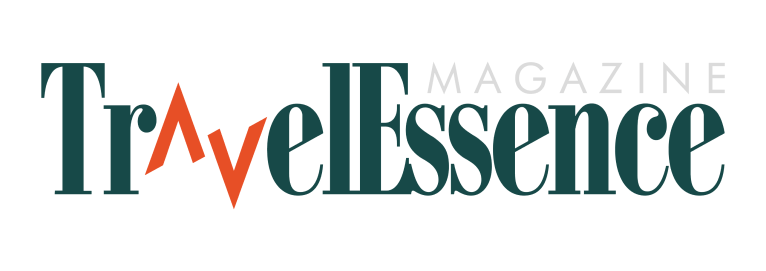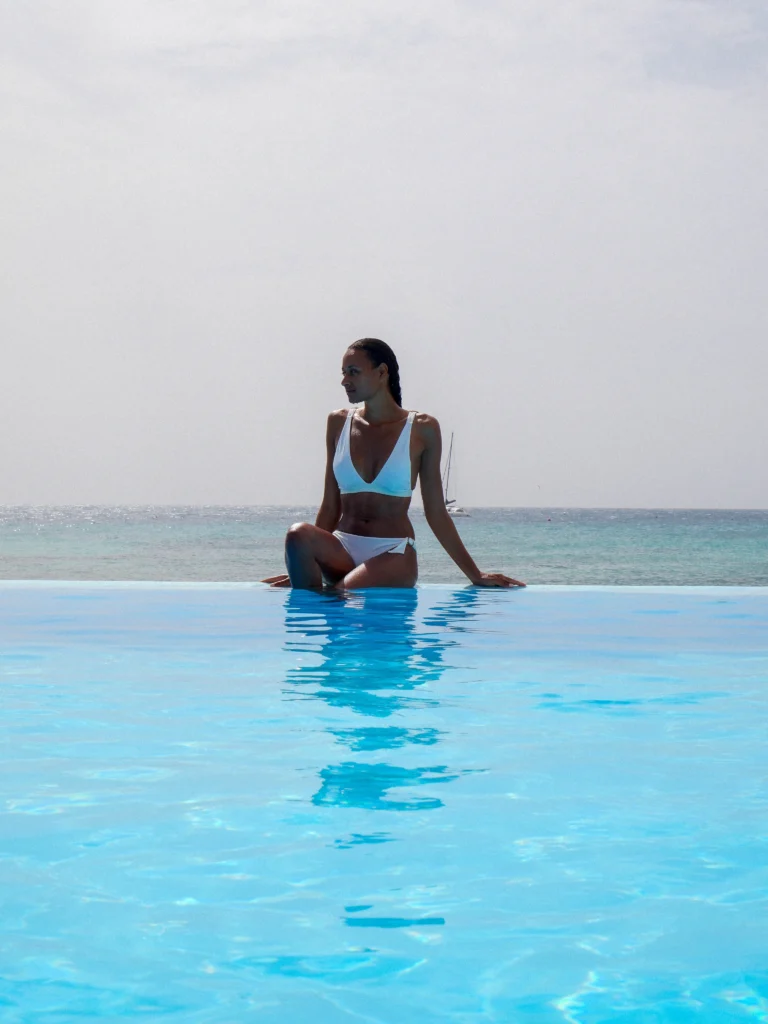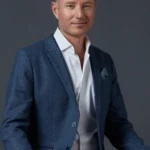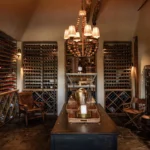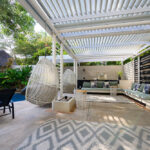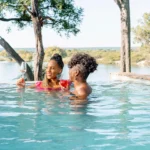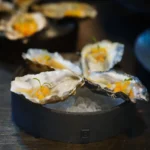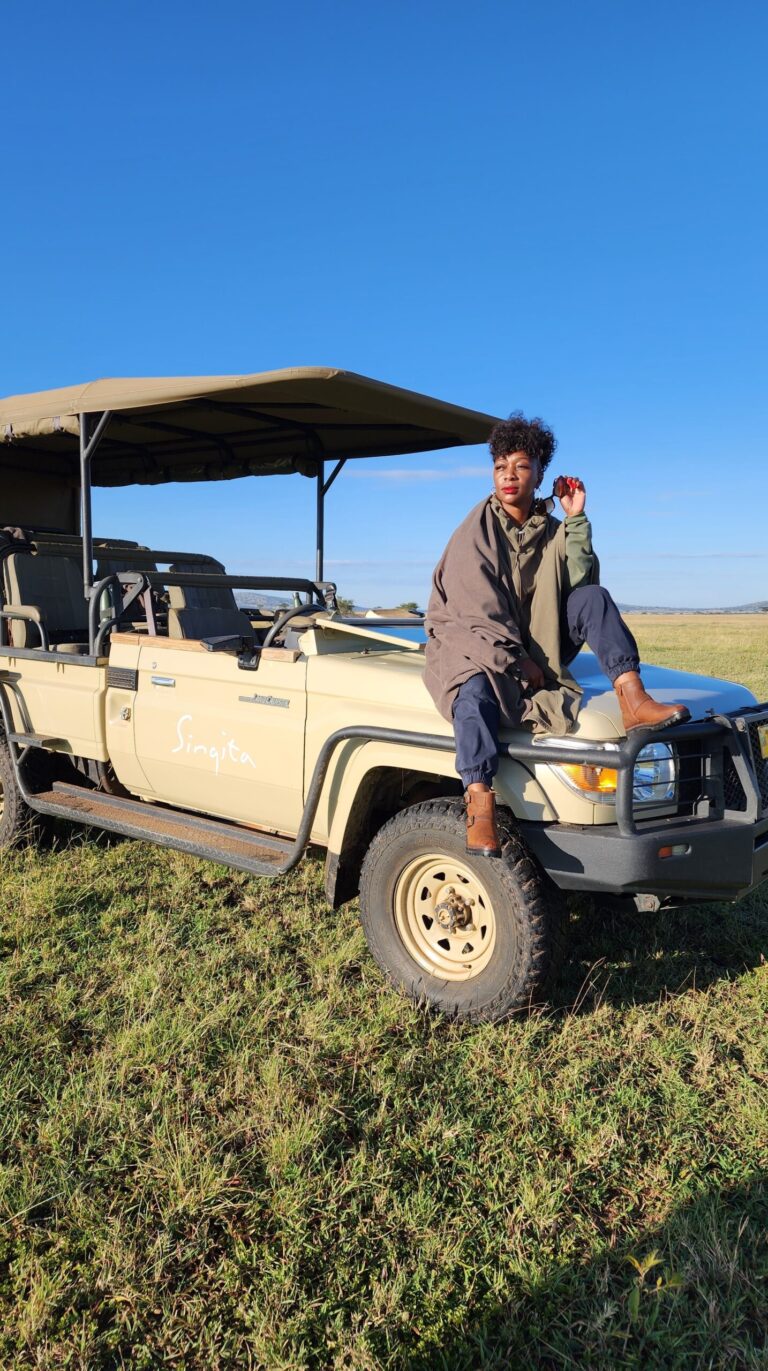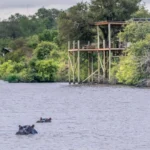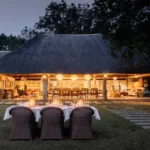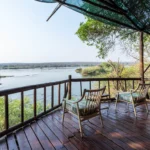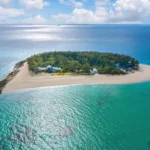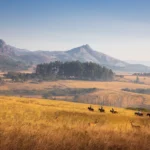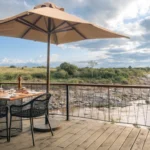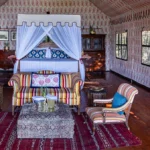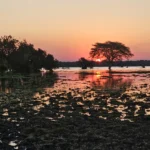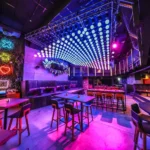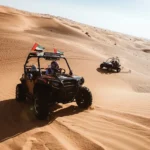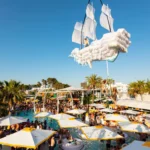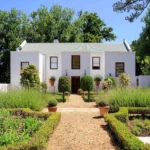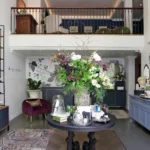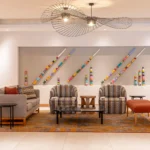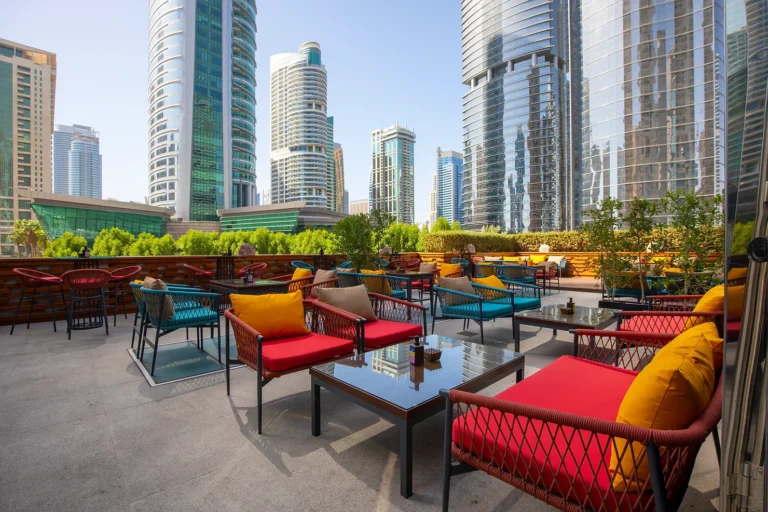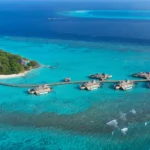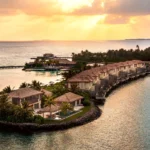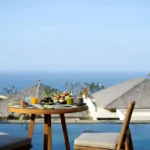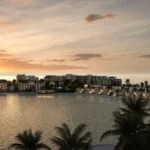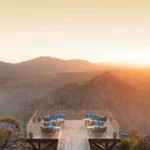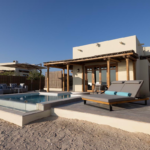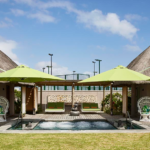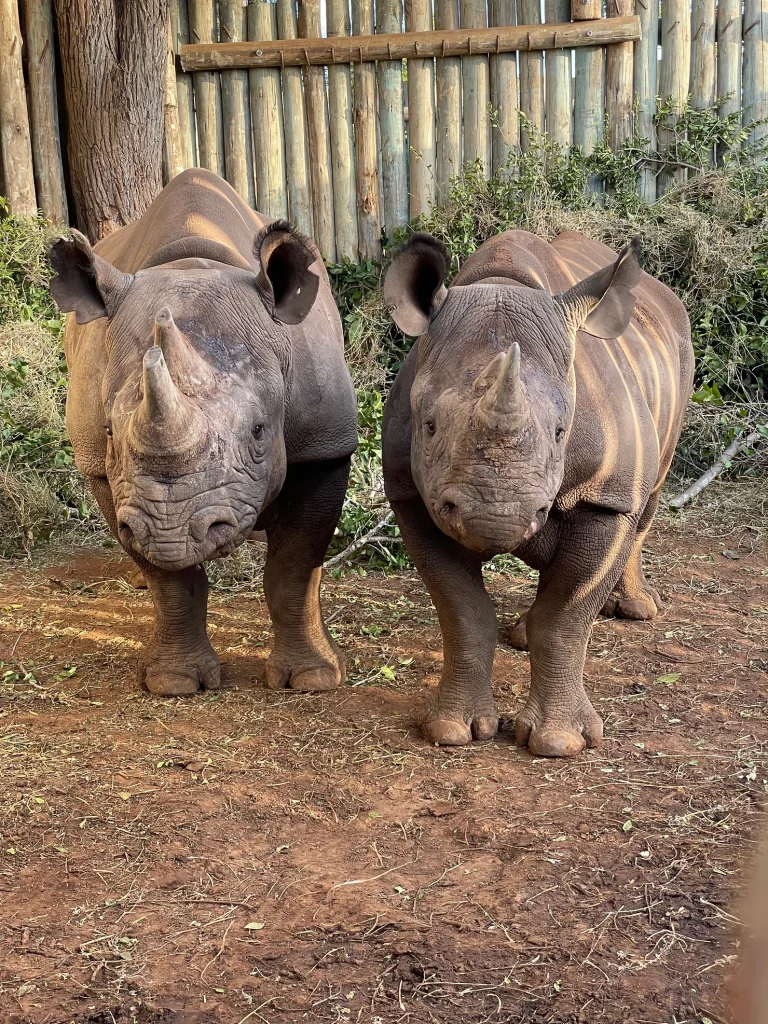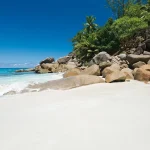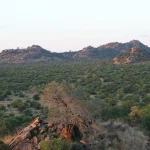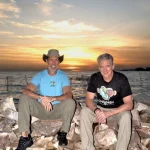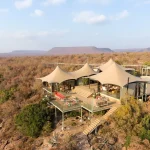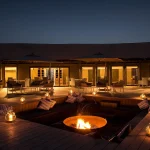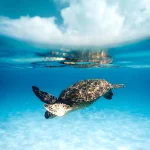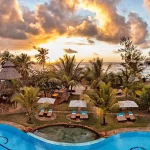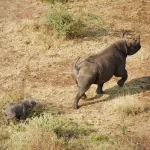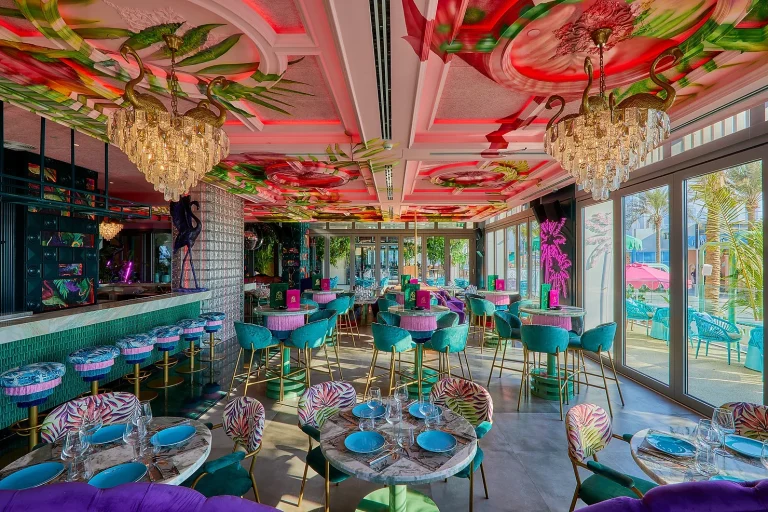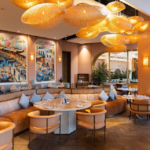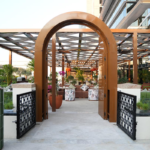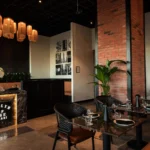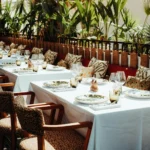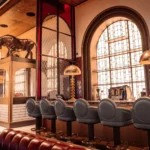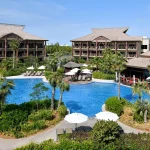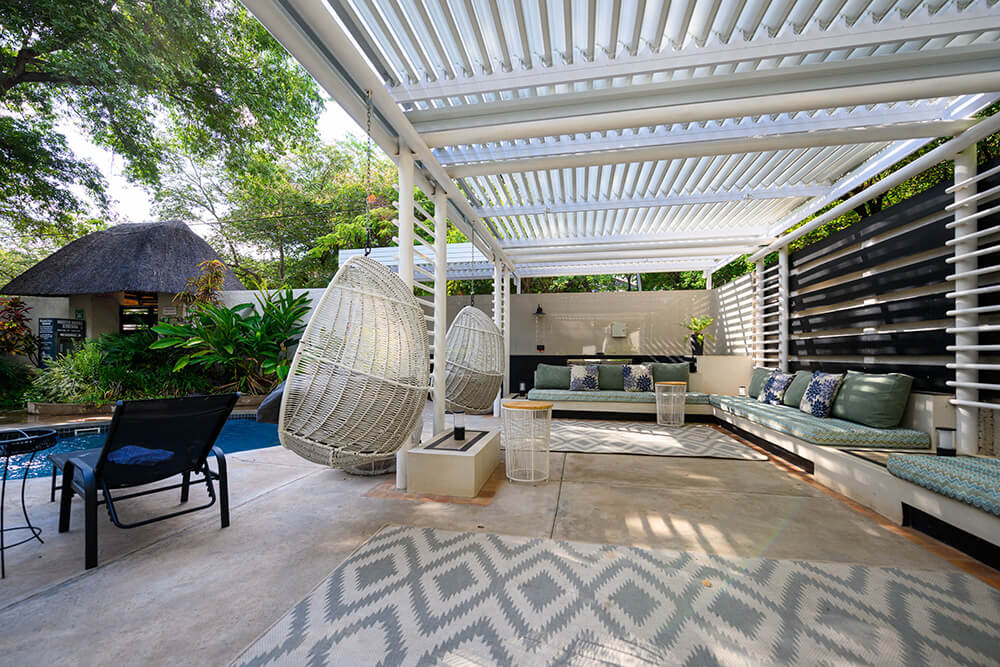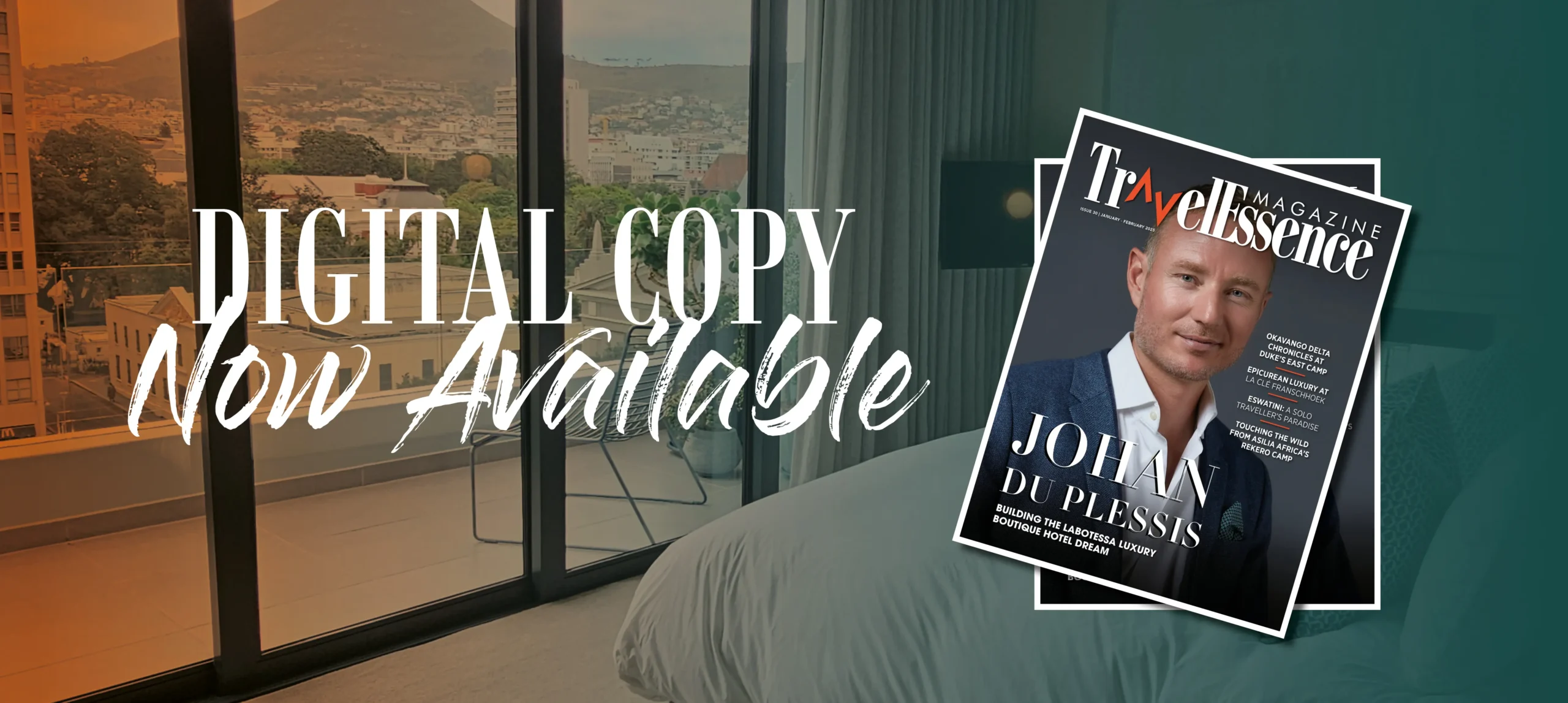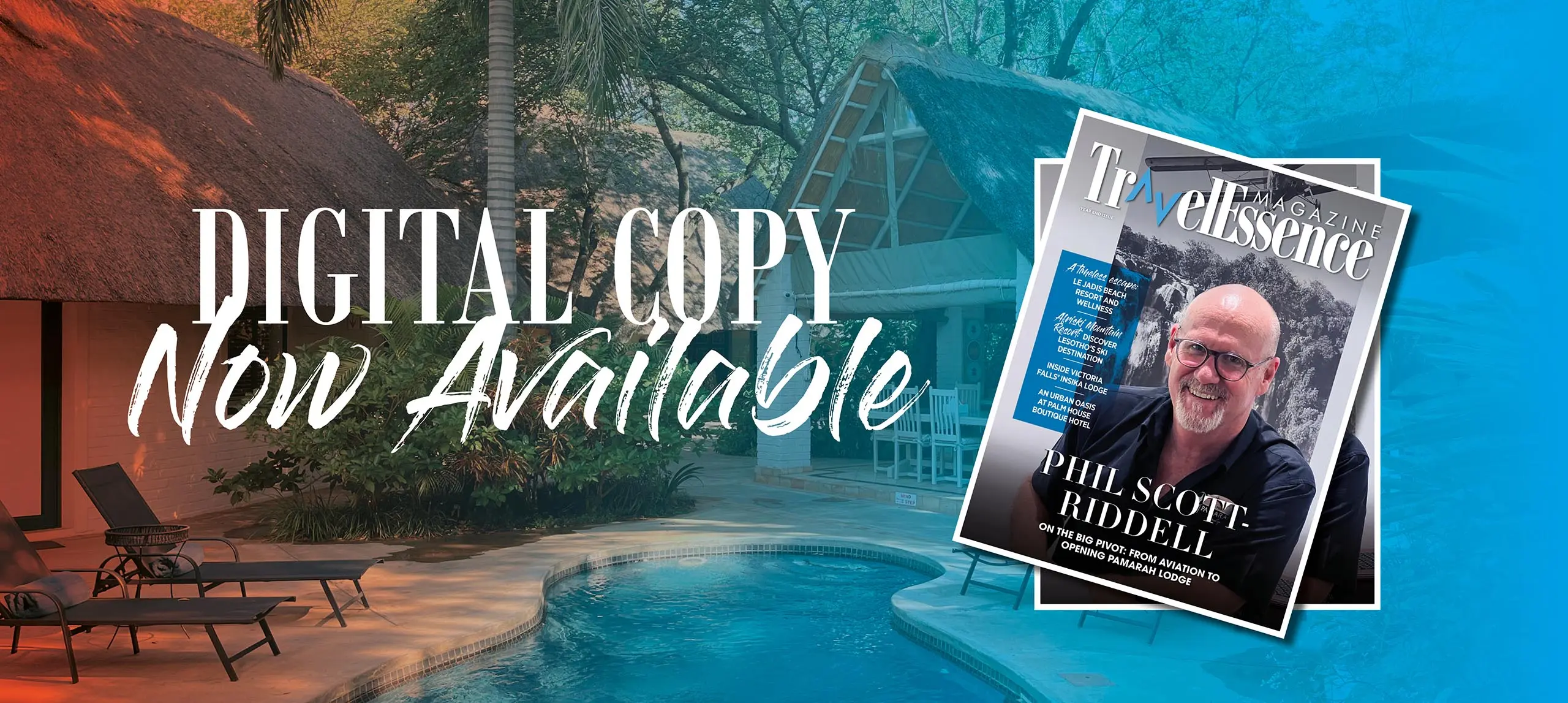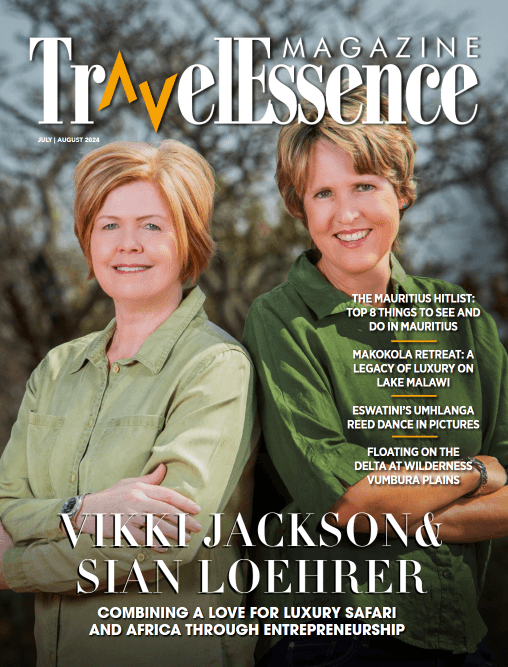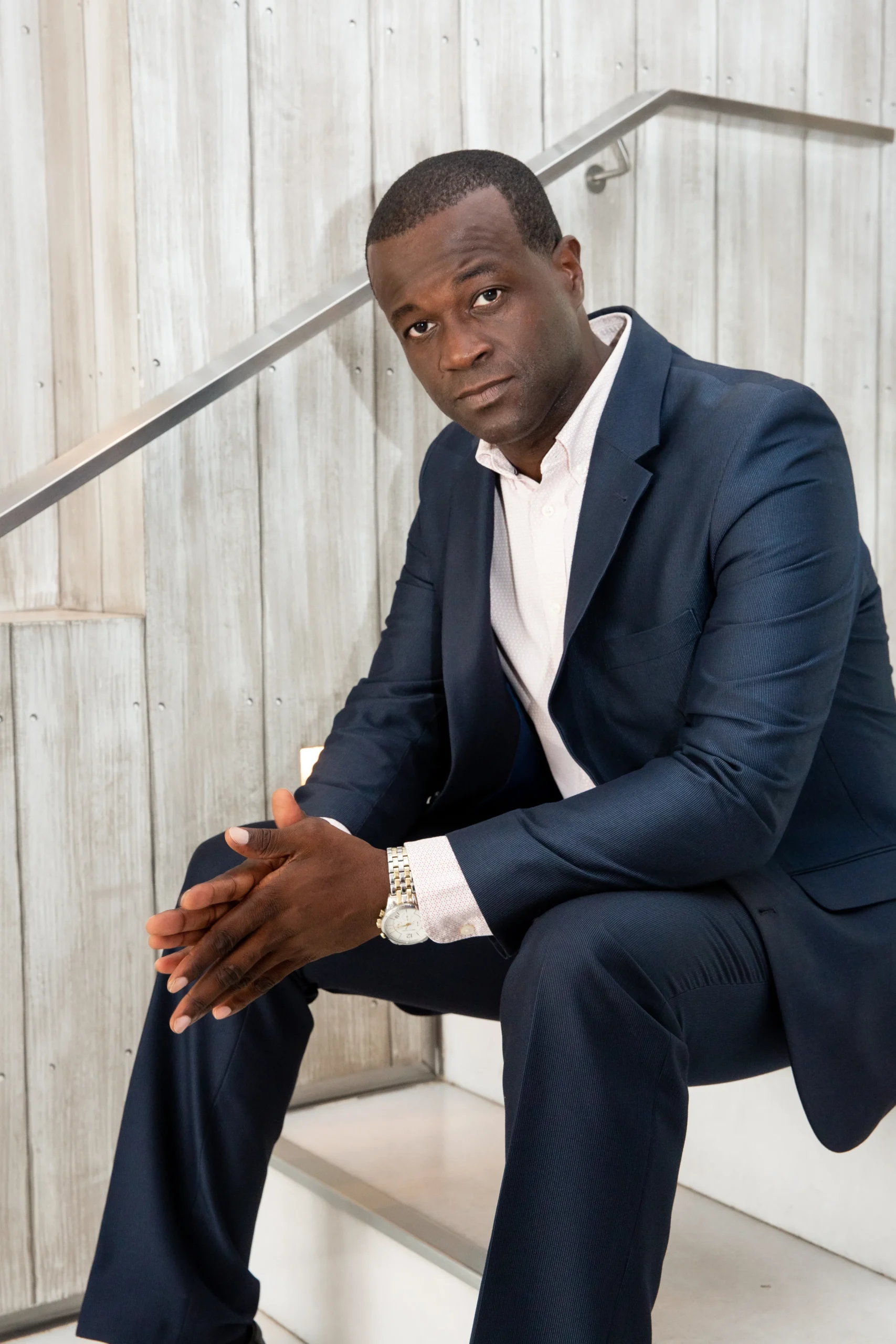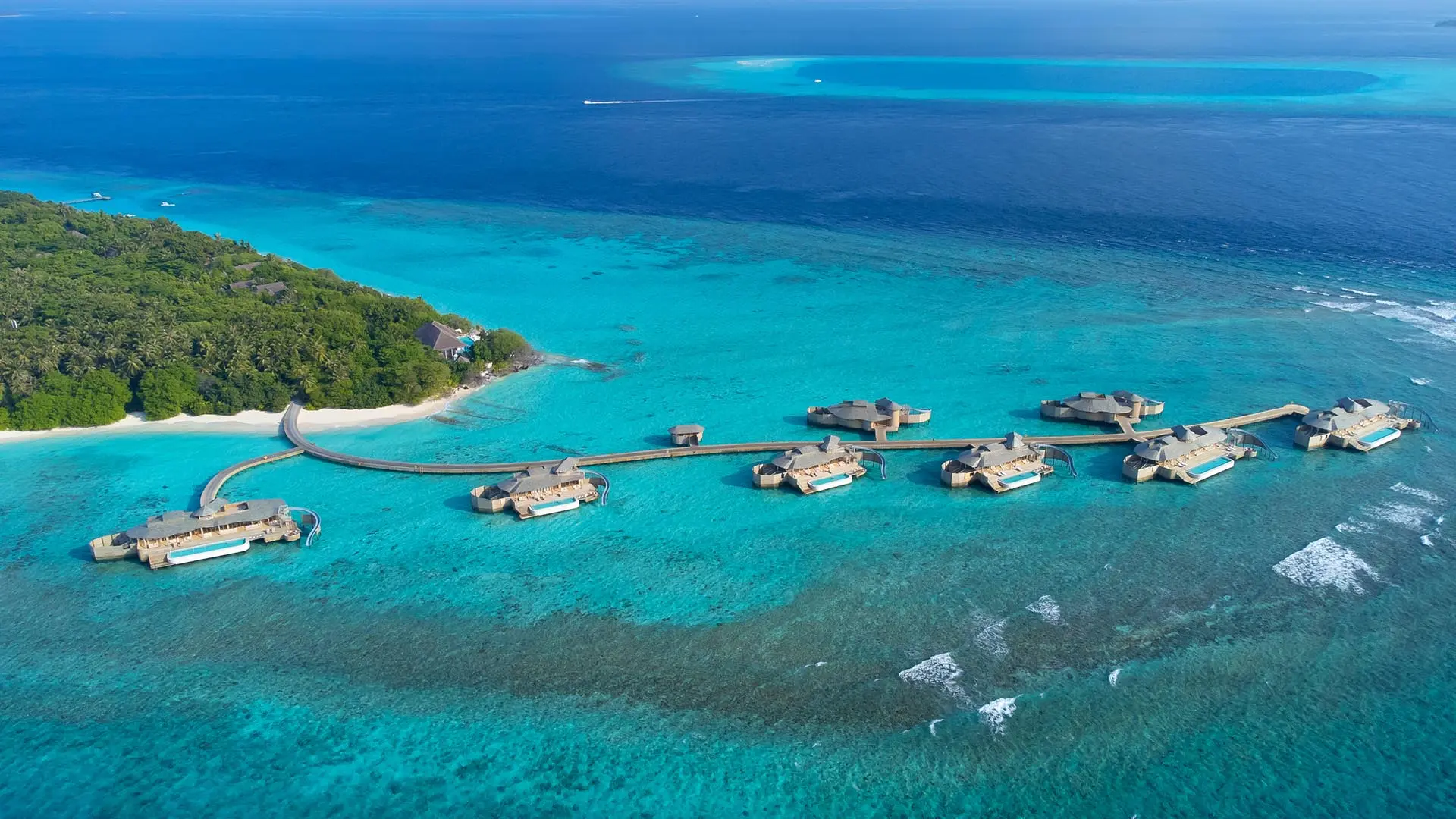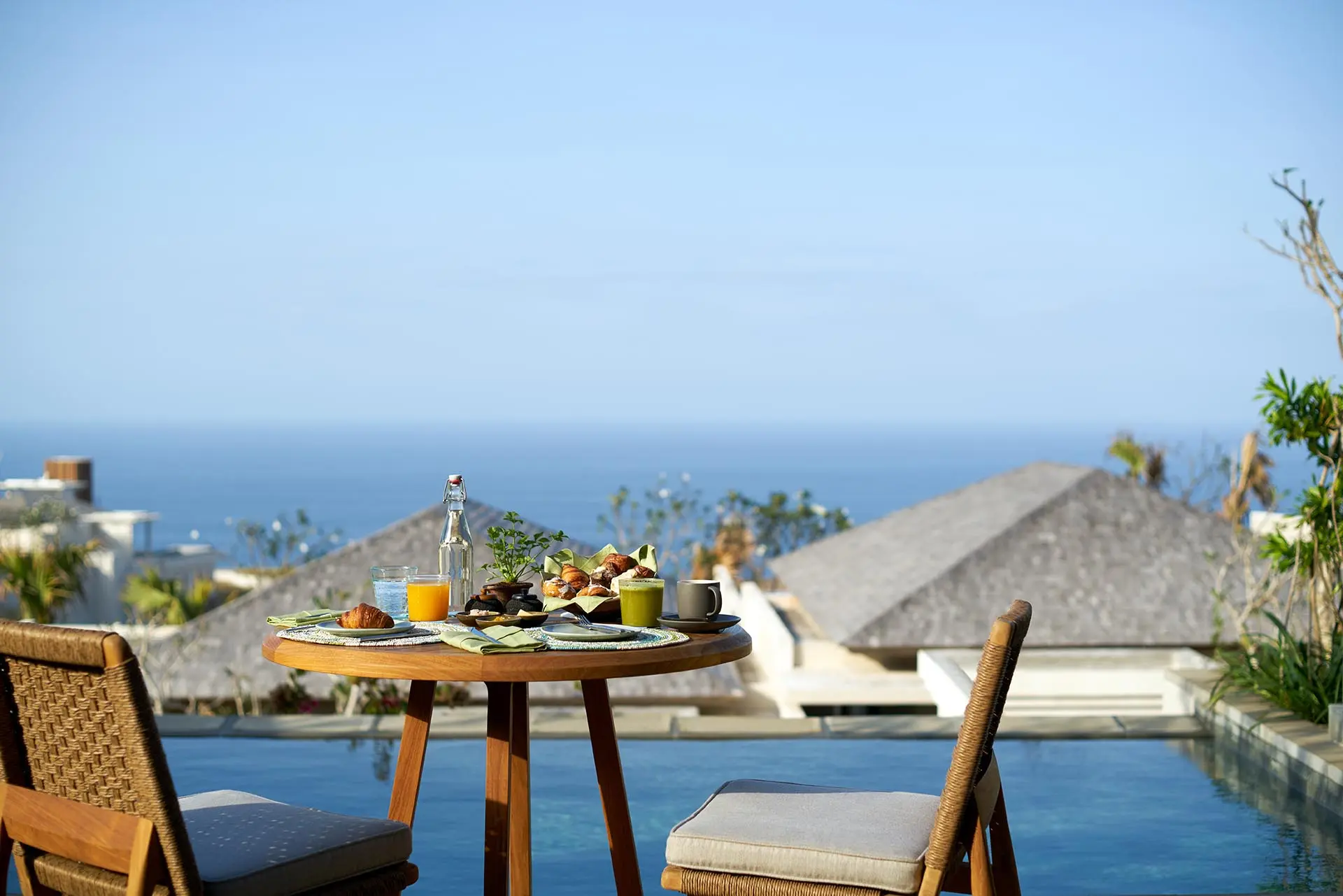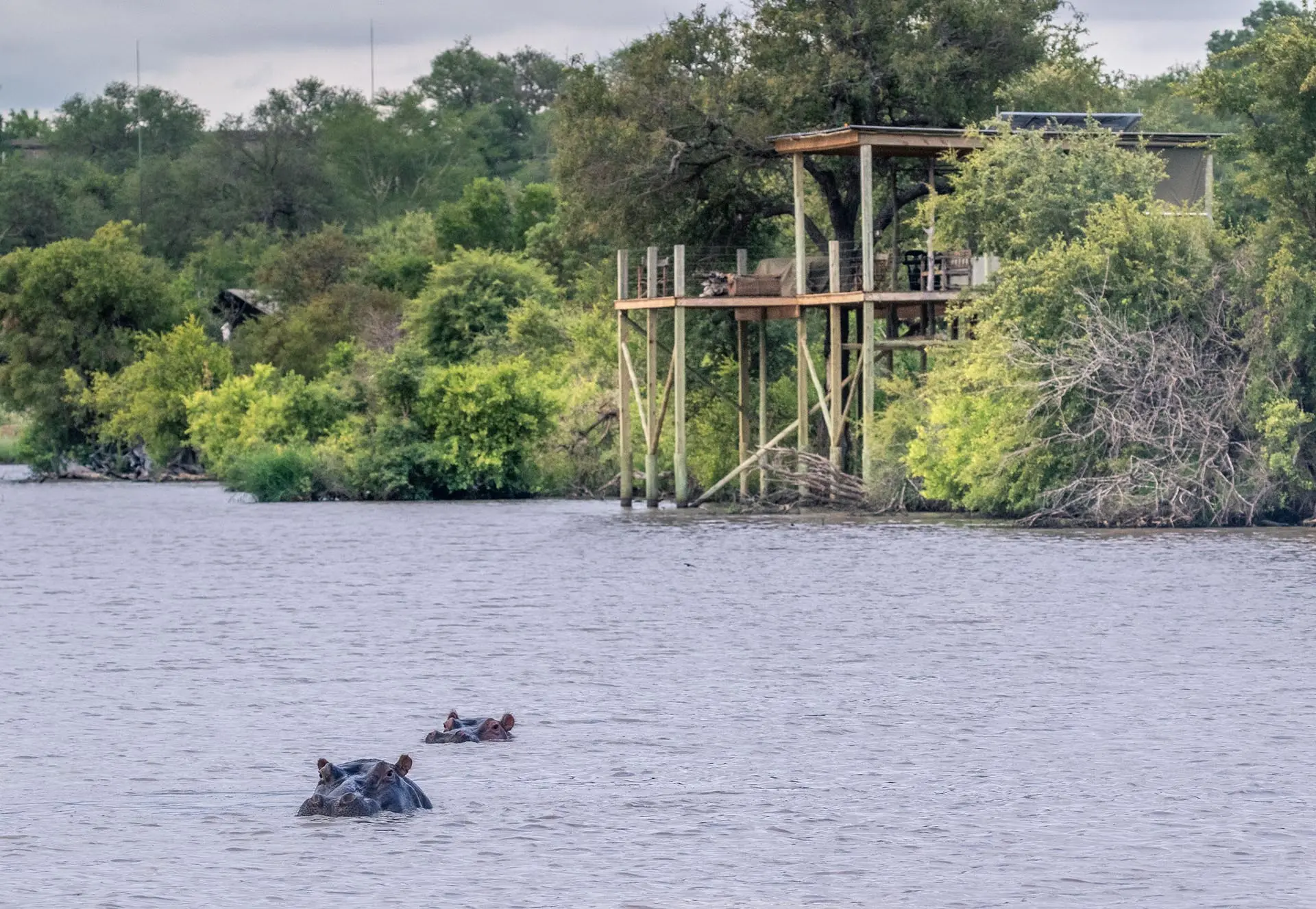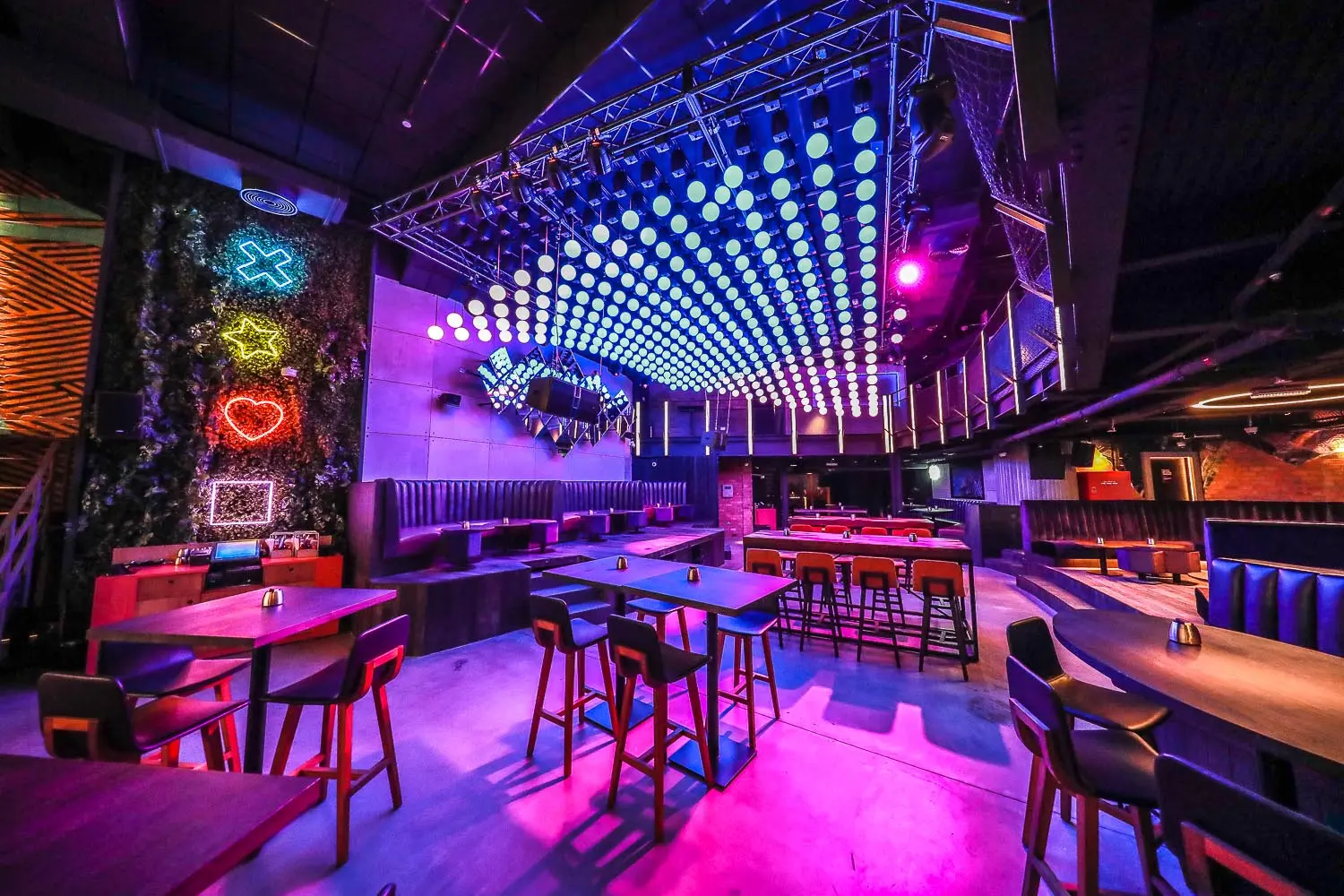1. Phil Scott Riddell: tell us a little about your life growing up? Where were you born and what childhood memories remain vividly imprinted in your mind?
I was born in the town of Chinhoyi about 120km outside of Harare, Zimbabwe. My father was the crop spraying pilot based in the small village of Raffingora (near Chinhoyi), where I spent my first three years of life before moving to the capital city of Zimbabwe.
My strongest childhood memories are standing in the cockpit of the aircraft next to my Father, and flying low across the fields, with steep pull-ups and wild tight turns at each end of the field. The planes only had a single seat and were never designed for passengers…so a few aviation laws were definitely broken! It turns out that it is possible to get four people into a Thrush – my Mother on one side of Dad, my older sister on the other side, and me as a very small child on Dad’s shoulders!
Unfortunately, my Father eventually died when I was 19 years old as a result of the terrible injuries he sustained while crop-spraying. It was his passion that raised me and he loved the thrill of his job. I was equally raised by a truly loving Mother; and she only passed away a year ago.
2. What inspired your desire to enter the field of aviation?
Without a doubt my interest in aviation was strongly influenced by my upbringing surrounded by aircraft. I had really wanted to be a crop-spraying pilot like my Father, but his tragic death put me on a more conservative aviation path, spending most of my career flying jets at high altitude.
I started flying Boeings for Air Zimbabwe when I was 24 years old and was a Boeing 777 Captain with Emirates by the time I was 34. I was truly fortunate to fly some wonderful aircraft in my career. My logbook shows that I have accumulated 12000 flying hours and landed in 77 countries. My flying career allowed me to see the world, and helped to confirm that the best place for me to live is Zimbabwe!
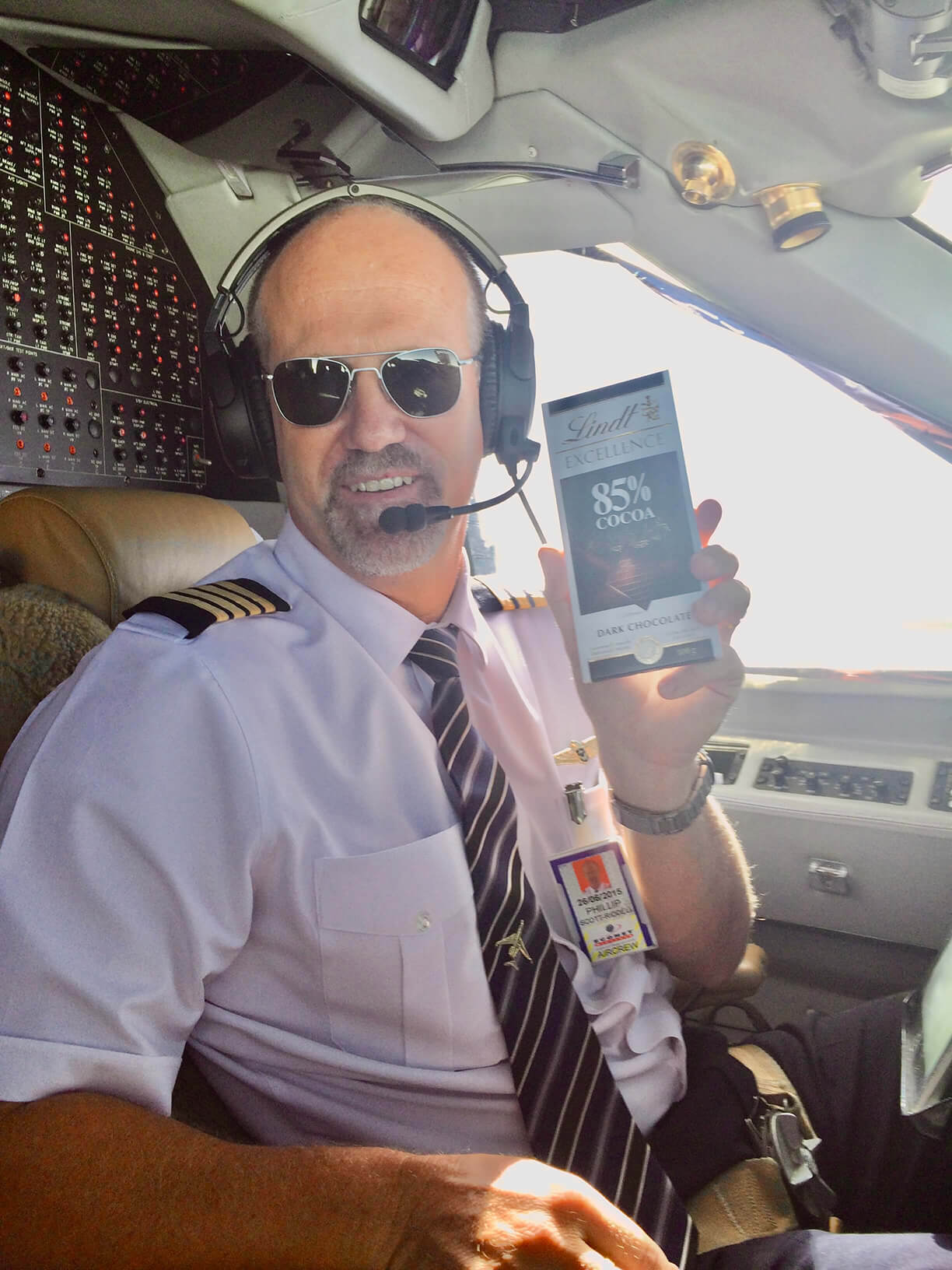
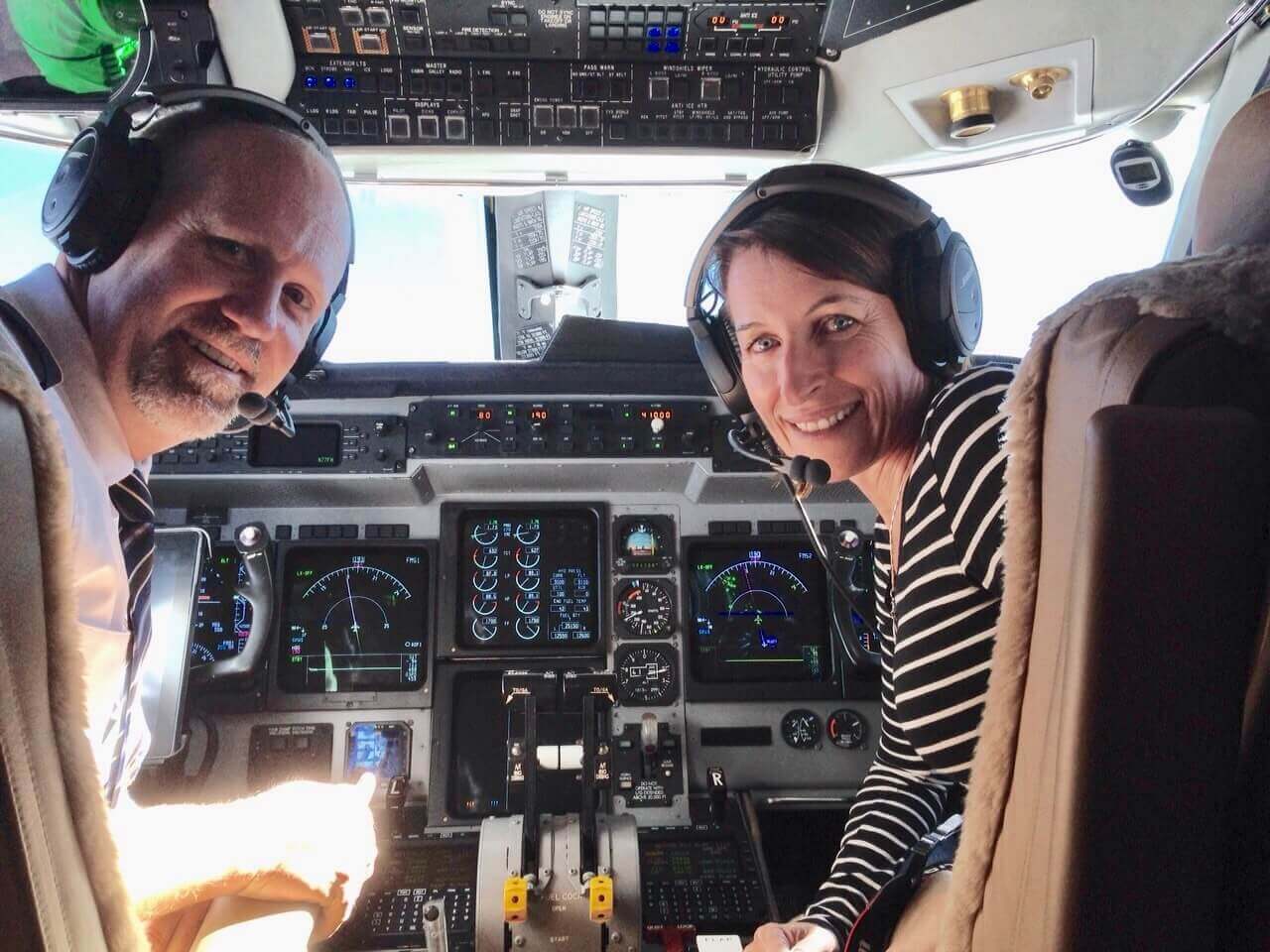
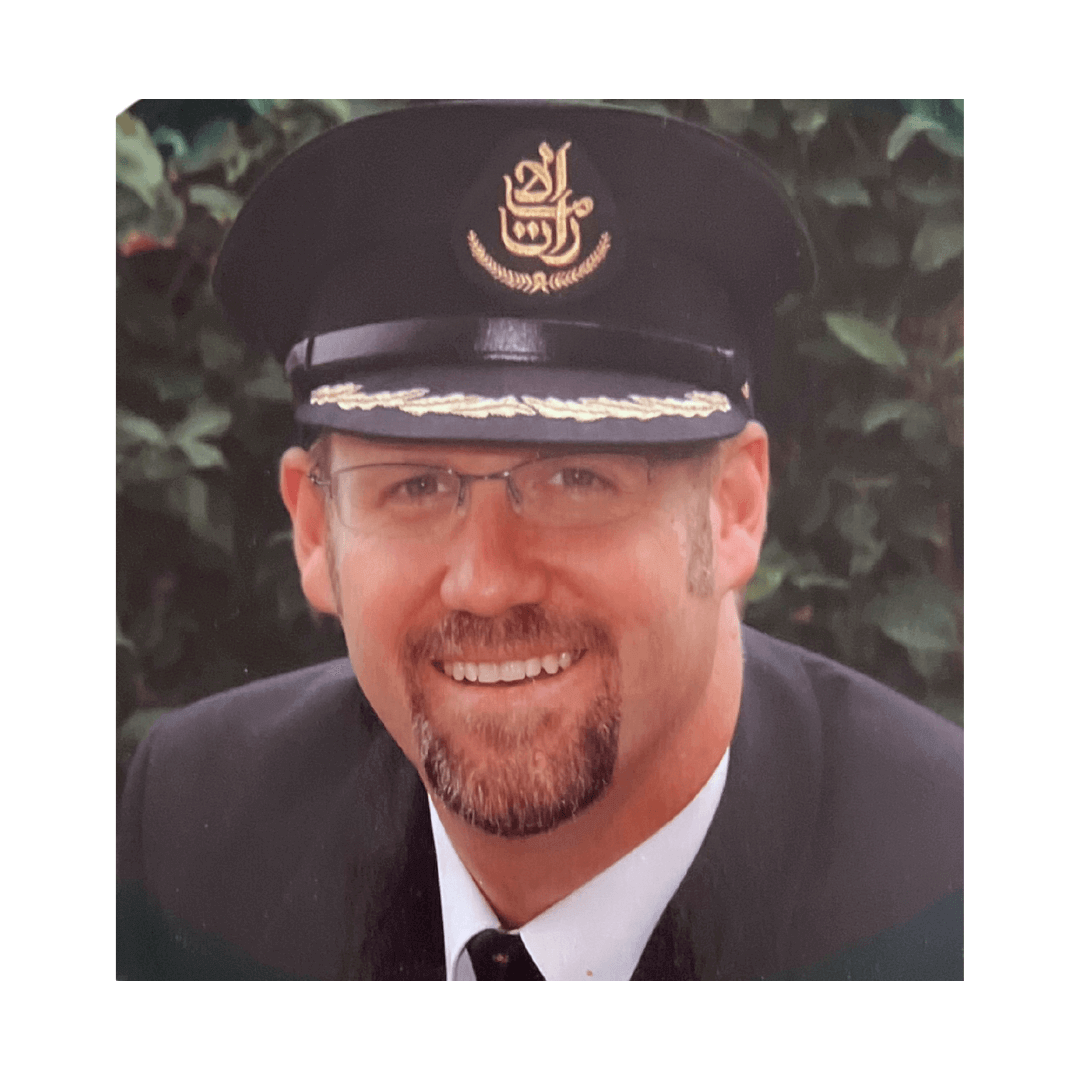
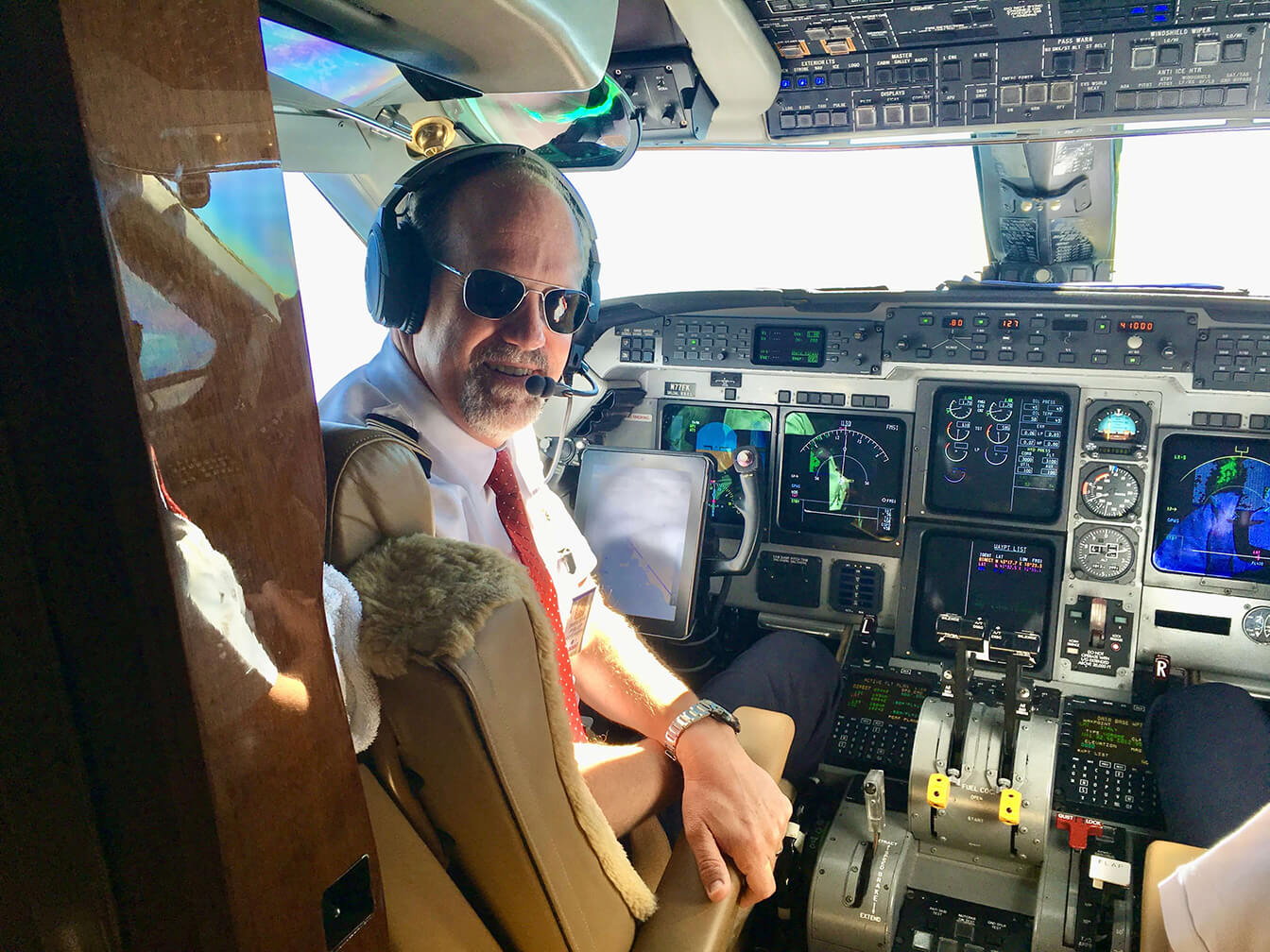
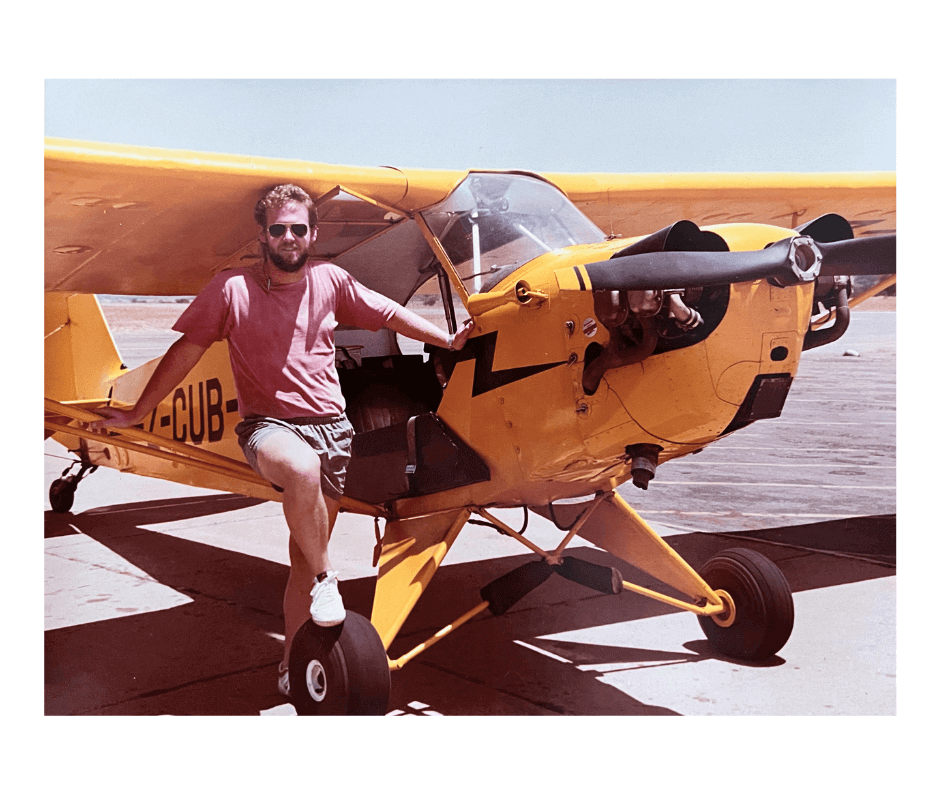
3. At Travel Essence Magazine, we love a story that unpacks one’s big pivot. From an illustrious career in aviation to returning home to Zimbabwe to open Pamarah Lodge? Take us through what prompted that move?
I left Emirates and Dubai at the end of 2006 to take up a job flying a corporate jet based in Harare. Although it was a very financially turbulent time in Zimbabwe, it was a wonderful move for our family. Our return to Zimbabwe coincided with our daughter being able to start her high schooling in Harare. As much as we appreciated all the opportunities that Dubai and Emirates afforded us, we had a strong yearning to return to the slower pace of life in Zimbabwe, and to the beautiful country of our birth.
On a holiday to Victoria Falls in 2016, we came up with the idea to leave Harare and move to Victoria Falls. When we started looking at properties to buy, we came across a very rustic Lodge that was definitely in need of an upgrade. We came to Victoria Falls to buy a home, and ended up buying a Lodge instead!
As I got older I started to contemplate what would happen after flying. There are age restrictions for flying careers, normally 65 years old, plus the ever-increasing risk of not being able to pass the stringent aviation medical tests every 6 months. It made sense that after spending about 50% of my adult life living in a hotel, that we should build one. I certainly knew how to be a guest in a hotel, but I had absolutely no idea how to build one and run one. It is fortunate that I really love a good challenge, and we forged ahead with the building project.
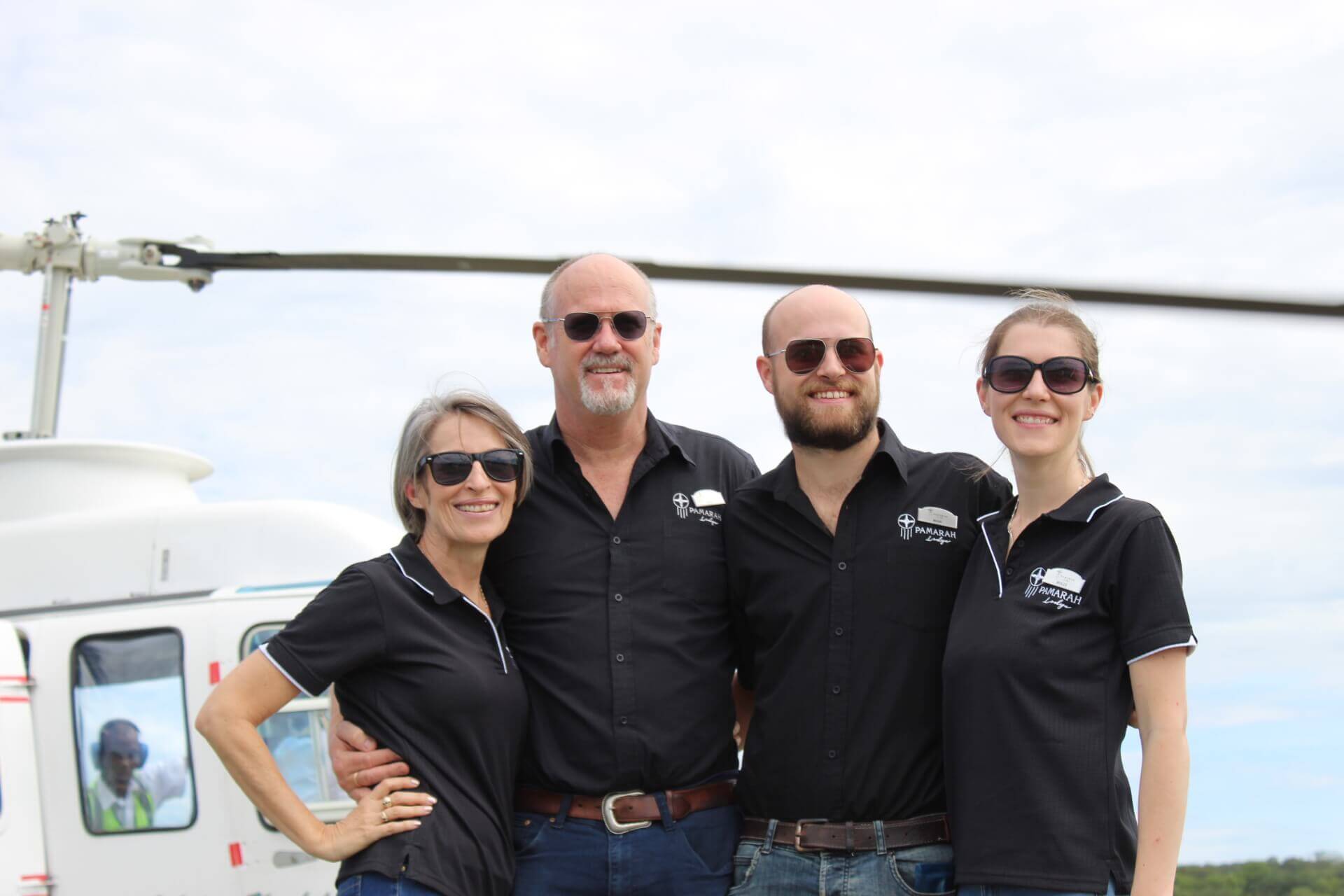
4. How long did it take to build Pamarah Lodge and what were some of the challenges you faced as you worked on your dream project?
I reckon I should have been awarded a prize for the slowest built Lodge in Victoria Falls! We were not in a hurry to build as I was still flying for a living, and the Lodge was really our retirement “Plan B”. Our bank was very interested in what we were doing, but they never lent us money. It seems that pilots who have never built or run a Lodge are high risk! I guess you cannot blame them… This turned out to be a blessing because we self-funded the project, which was finally finished after a four and half year build.
One of the challenges of building in a remote place like Victoria Falls is that most things for the projectneed to be imported. Recognizing the strategic importance of tourism as a foreign currency earner, the Zimbabwean Government had introduced a scheme that waived the duty on the import of goods that were being used for tourism infrastructural development. This helped us immensely. However, the waiver process required sign off from several different government departments, so each import needed to be planned months ahead. We quickly learned to plan well aheadto ensure that all the fixtures and fittings got to site on time.
Without a doubt, the biggest challenge we faced were the consequences of Covid-19. Like so many around the world, we were deeply impacted by this unforeseen change of circumstances. When lockdown happened, we were about halfway through the build; in aviation terms, we were at the “point of no return”. We had to complete the build and get the project over the finish line. To compound the challenges, I lost my flying job which had been funding the project, and we needed to use our life savings to finish the build. We were investing all we had in a dead tourism sector, not knowing when things would recover. Certainly it was a very difficult time.
There was a quote from Winston Churchill that helped me tremendously during the difficult times: “You will never reach your destination if you stop and throw stones at every dog that barks.” There were many barking dogs along the way – naysayers, discouragers, critics, prophets of doom. I quickly learned to filter out the noise, and focus on the destination.
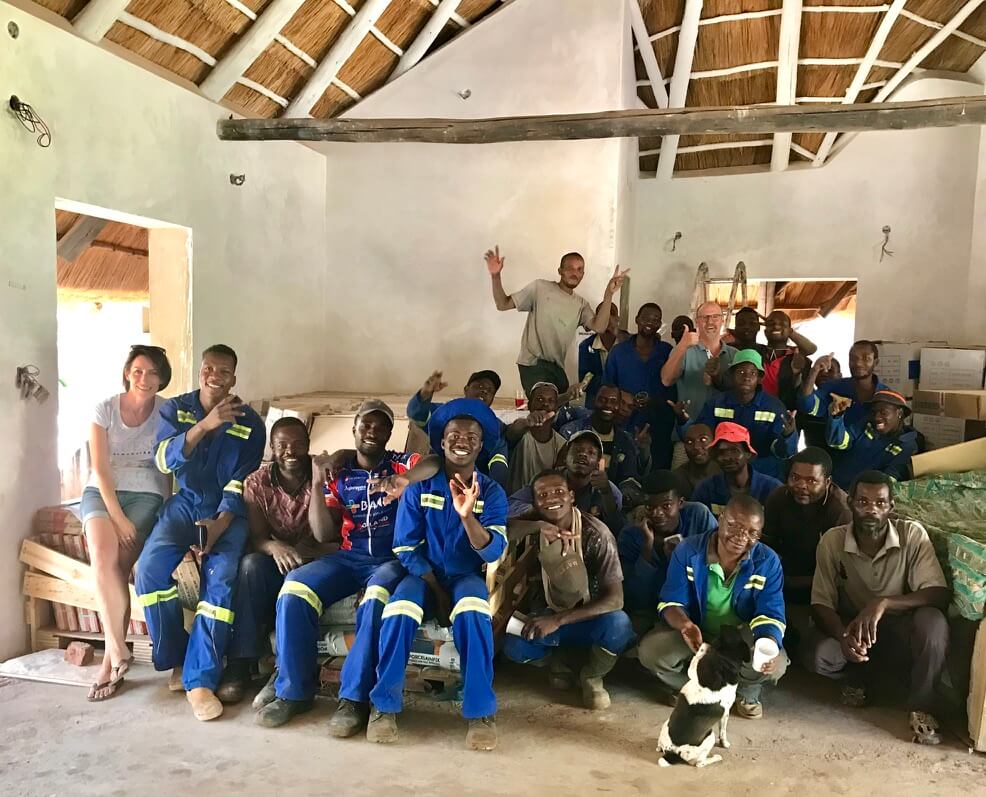
5. Let us switch gears and talk a little about family life. We love a family-run business where the owning families effectively opens its doors to guests, much like letting people from different parts of the world into your home? Can you take us through what a day in the life of running Pamarah Lodge looks like for your family?
PAMARAH is an acronym for our family names: Phil and Mornette and Ross and Holly (PaMaRaH) and I count it one of my greatest blessings in life that we can live and work together. I believe it works well for us because we all bring different strengths and skillsets to the business.
Mornette (my wife) has an incredible eye for detail, and this is often commented on in the guest reviews we receive. Mornette is responsible for all the marketing; the incredible Instagram and Facebook posts are all done by her. Mornette also responds to every review that we receive.
Ross (my son) worked in the UK as a chef for 7 years in a variety of different restaurants, including a brief stint in a Michelin restaurant. His final job in the UK was working at Balmoral Castle for the Queen before she passed away. Ross is the obvious family member to run the restaurant. Holly (my daughter) has a Masters degree in Maths and Theoretical Physics, plus a teaching degree. Needless to say, she is brilliant with numbers, and uses those skills with great precision to run the admin and finance aspects of the business.
We all really like to engage and interact with our guests. That is the best part about hospitality – meeting and talking with guests from around the world. I used to fly around the world meeting people, now I stay in Victoria Falls and they all come here! No two days are ever the same.
6. Unveil Pamarah Lodge to us in words. What sort of experience can guests expect when booking a stay at Pamarah Lodge?
Having spent many years staying in large impersonal brand name hotels, with long corridors, multiple levels and countless rooms, we strive to offer the complete opposite:peaceful, private and personal. We try to talk to every guest. Ideally, we want to help our guests with building their itineraries, booking their activities, arranging their transfers, making restaurant reservations, and suggesting options for them to enjoy. We want them to enjoy their holiday while the team takes care of their logistics. The Lodge is quiet, safe and tranquil. Pamarah Lodge is small, intimate and well-appointed. What we say about ourselves is not nearly as important as what our guests say about us in their online reviews. Read our reviews on TripAdvisor, Google, Booking.com or Expedia to get an authentic insight into our guest experience.
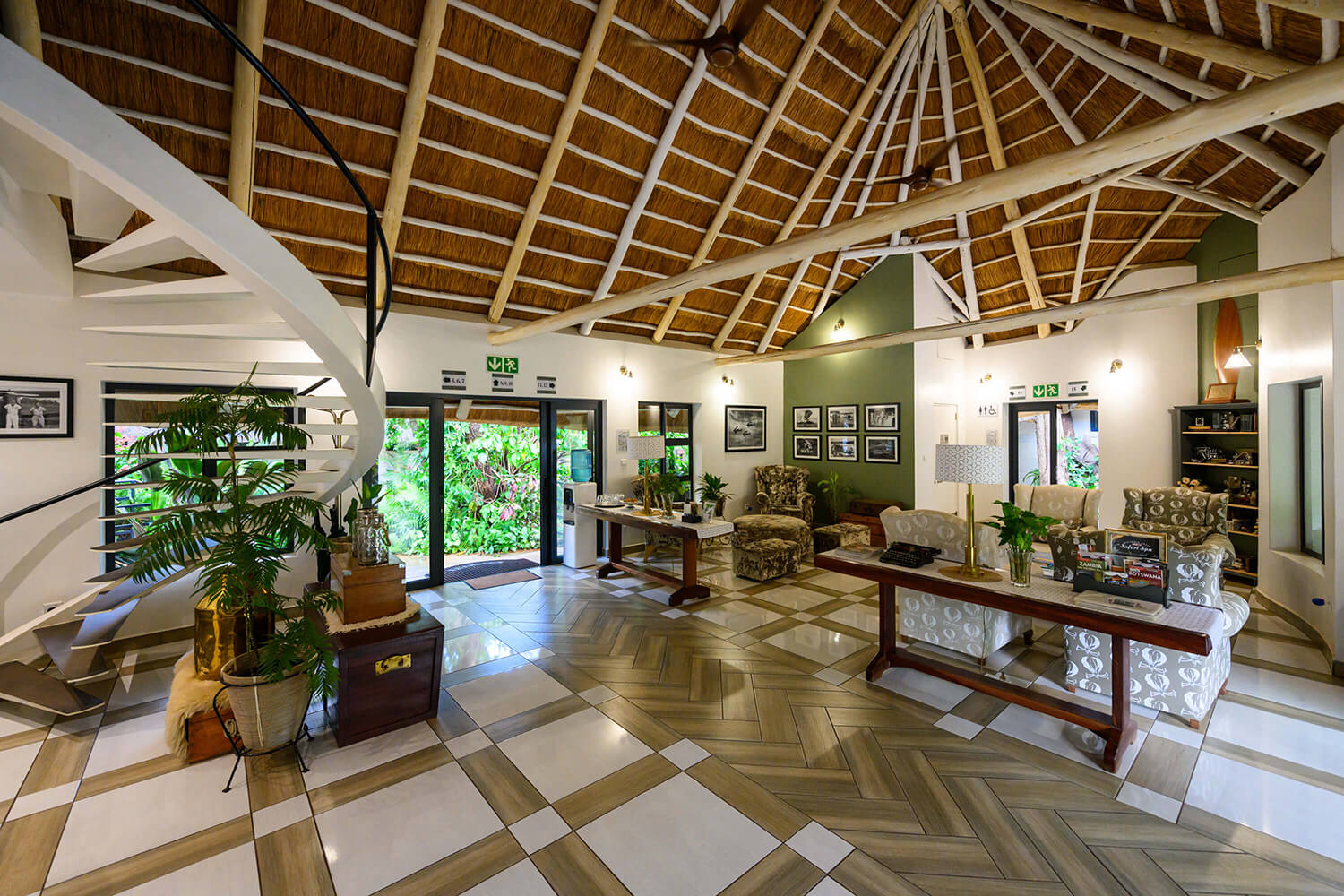
7. As a fairly new entrant into Zimbabwe’s hospitality sector, what trends are you seeing in the boutique hotel and lodge space in Zimbabwe, and in Victoria Falls specifically?
It is probably because of the niche that we operate within, but many guests have told us they no longer want to stay in large hotels. There are also many people who were stopped from traveling because of Covid, who are now more determined than ever to get out and experience the world.
8. For anyone looking to invest in the sector, what five nuggets would you put forward for their consideration, given the complexities that exist in the landscape?
1. Building the Lodge is actually the easy part. Operating it is infinitely more difficult. Learn the laws of the land and implement them from the outset.
2. Recognise that the tourism sector is very competitive. Stretch your budget as far as you can to achieve the best level of build quality you can afford. Do it properly the first time.
3. Spend the money on a good designer. You pay a lawyer for legal advice, and an accountant for accounting advice. Likewise, spend the money on a professional designer. They are worth every cent.
4. Identify your brand. What is unique about your offering. What differentiates you from all your competitors.
5. Your staff are your greatest ambassadors. Choose them wisely.
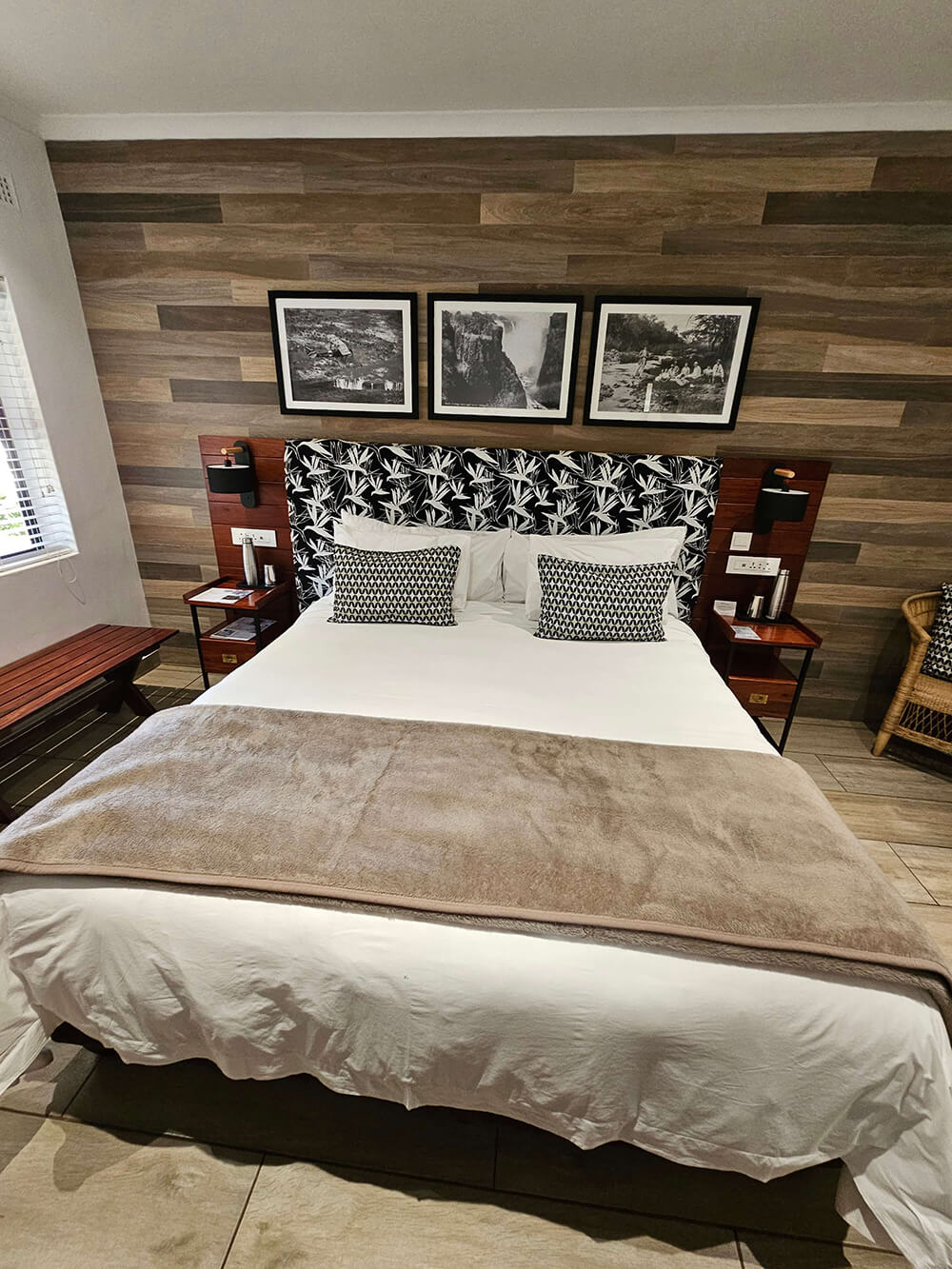
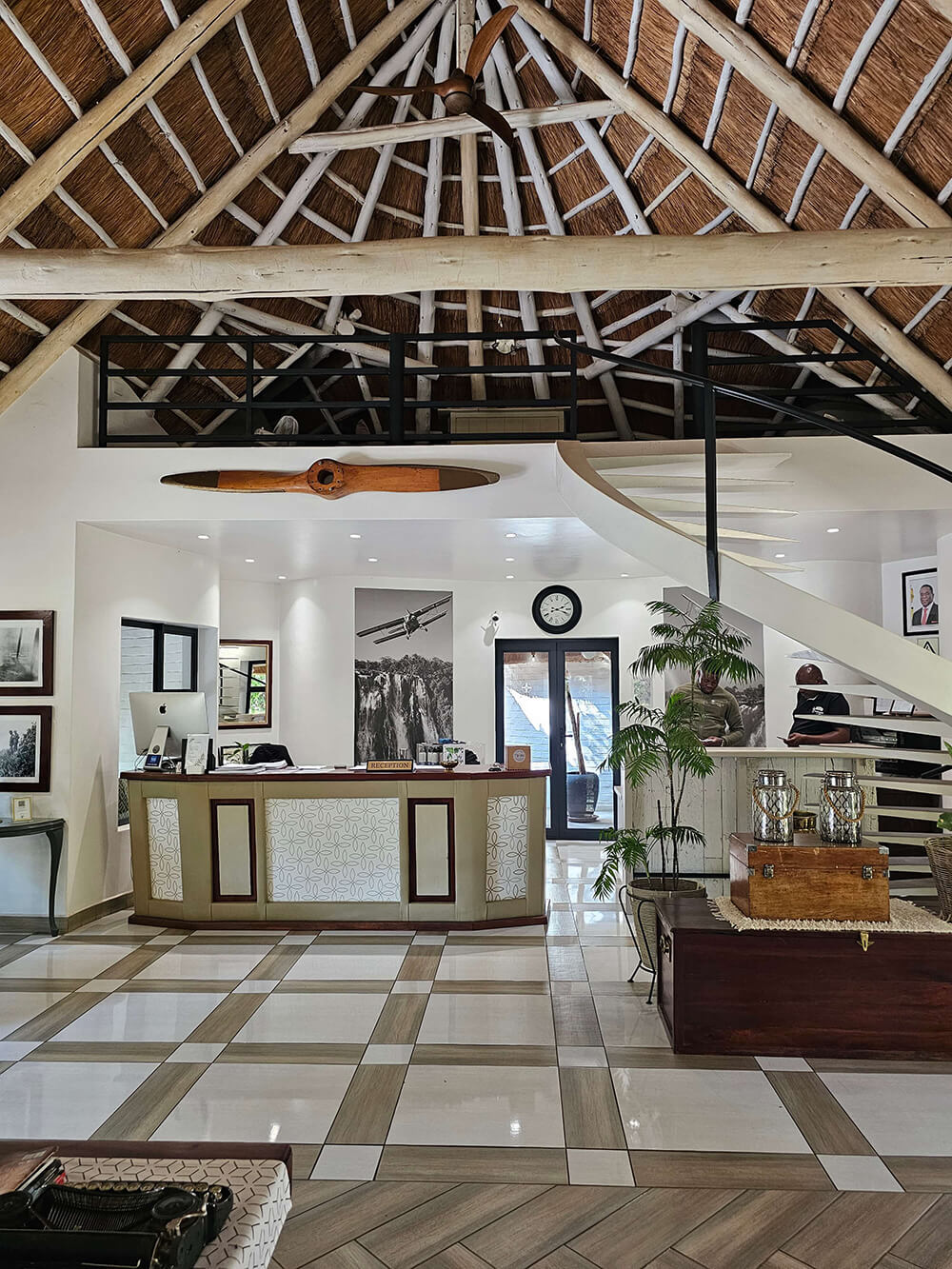
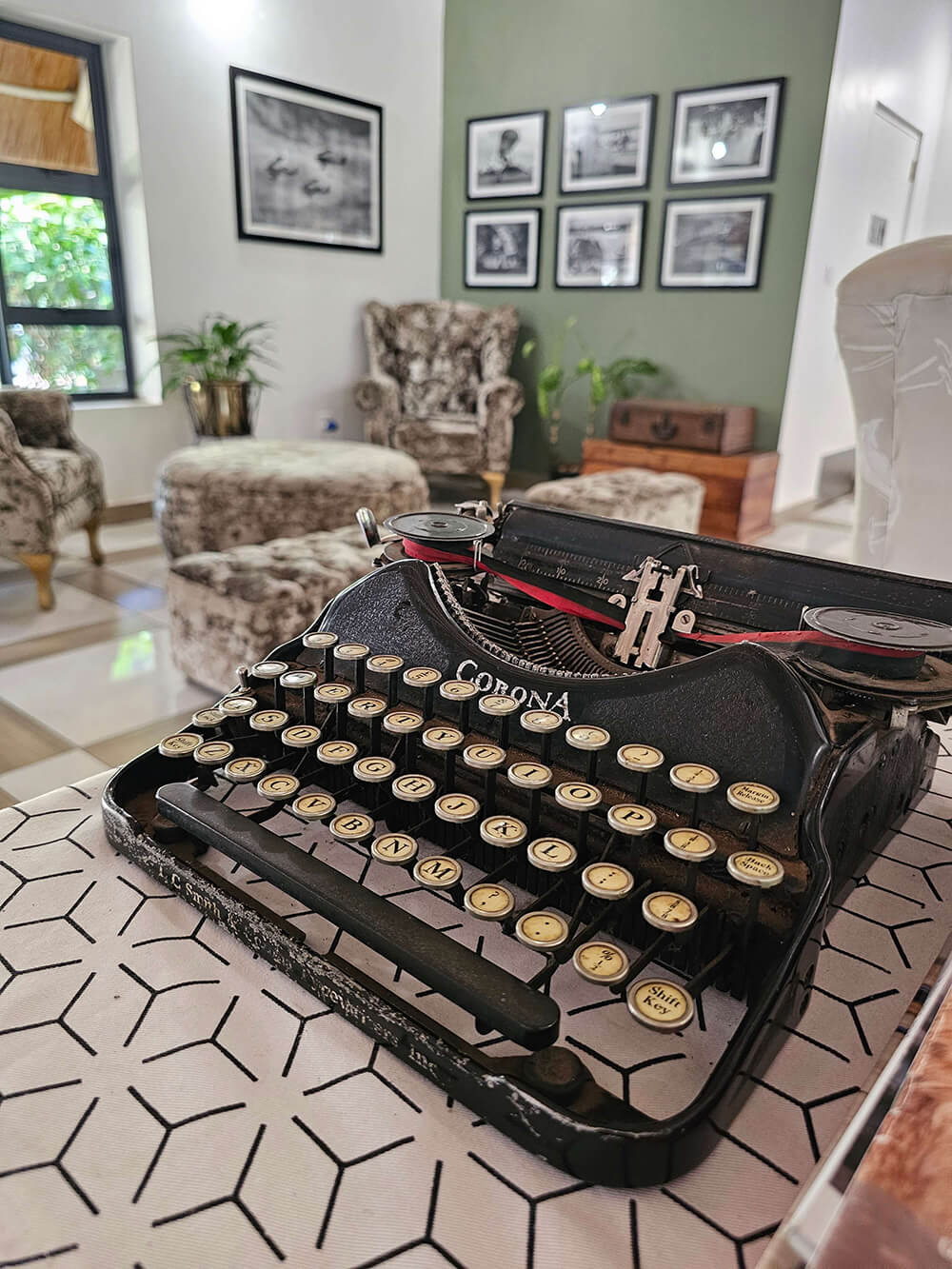
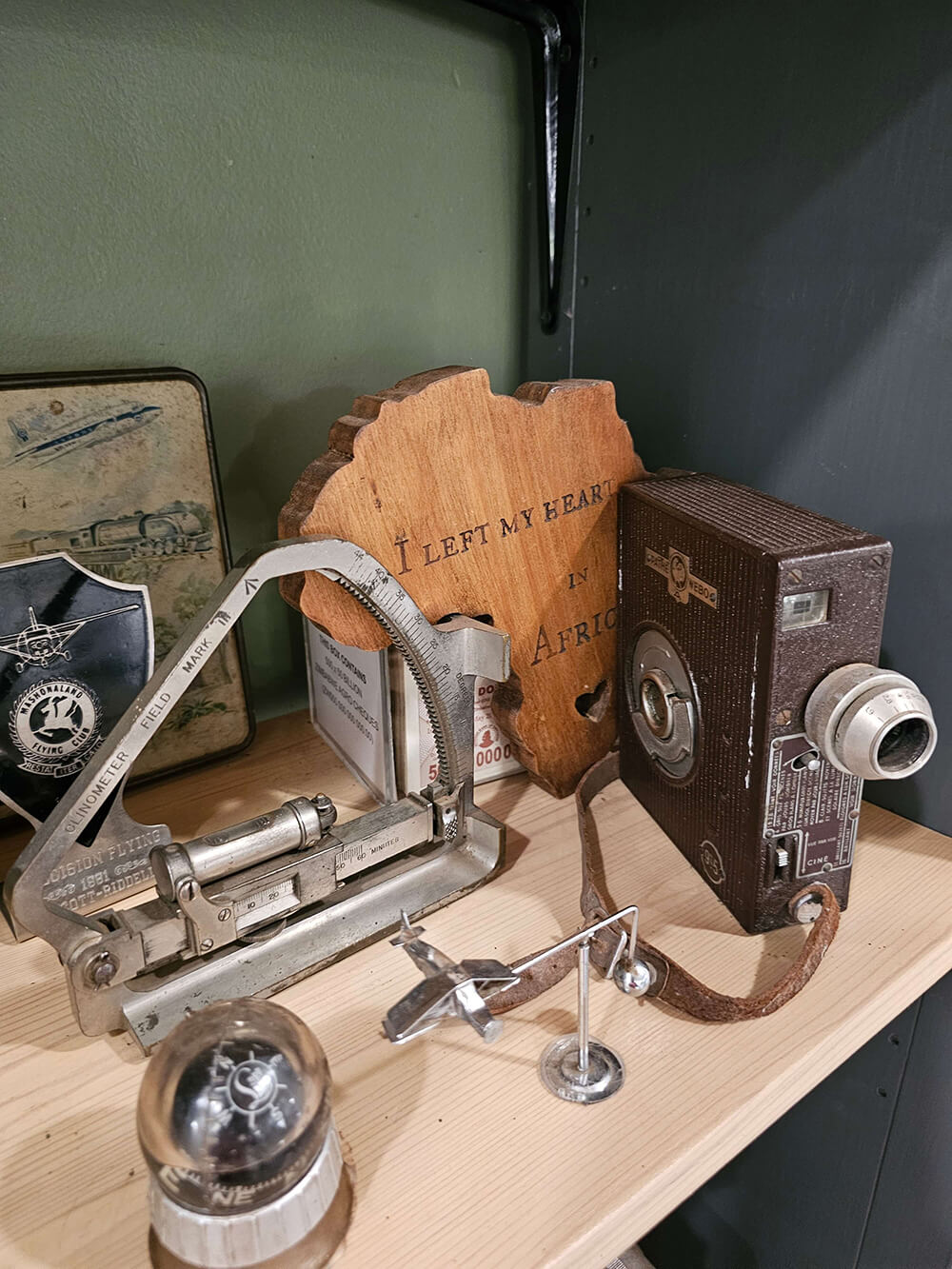
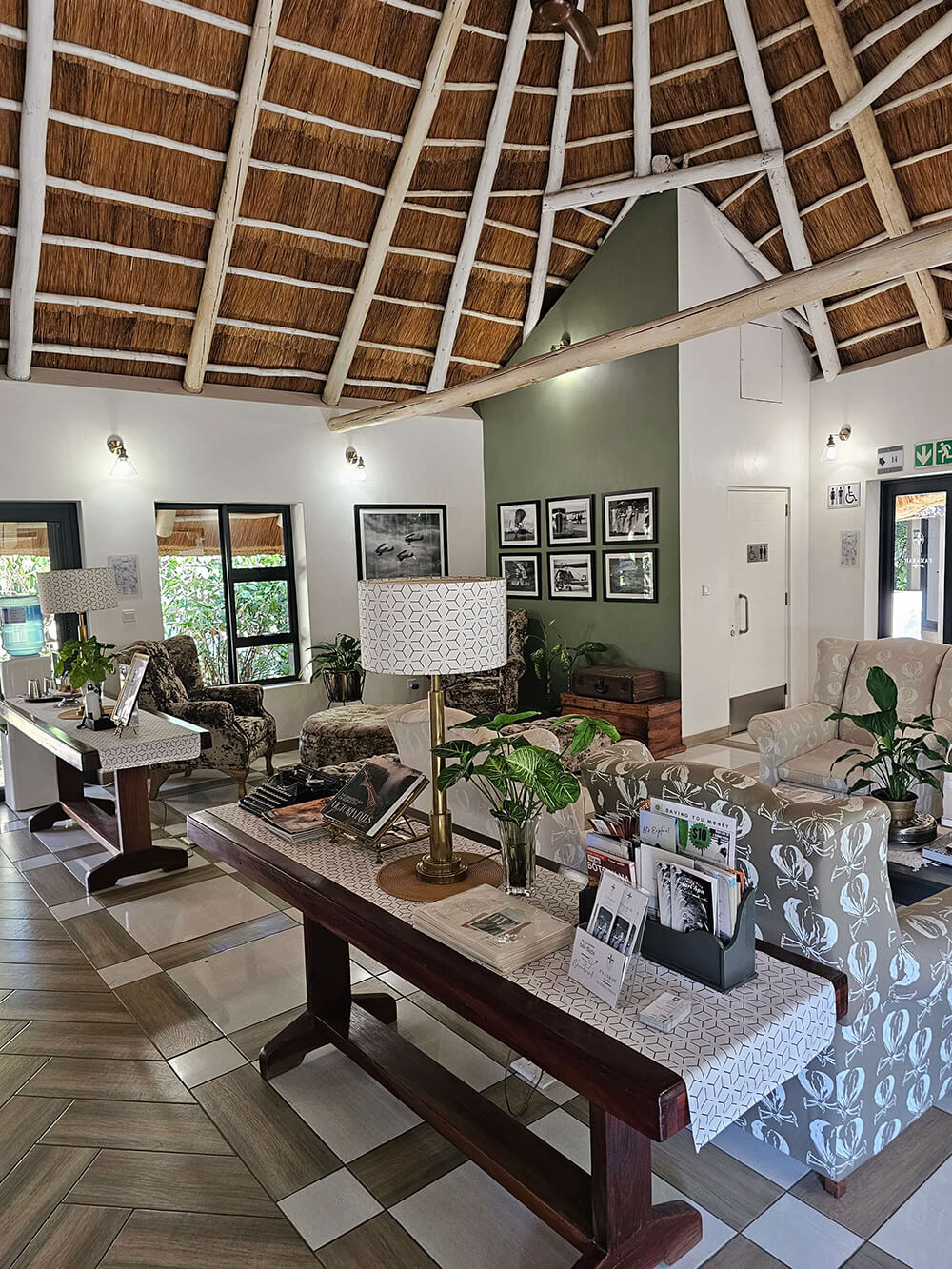
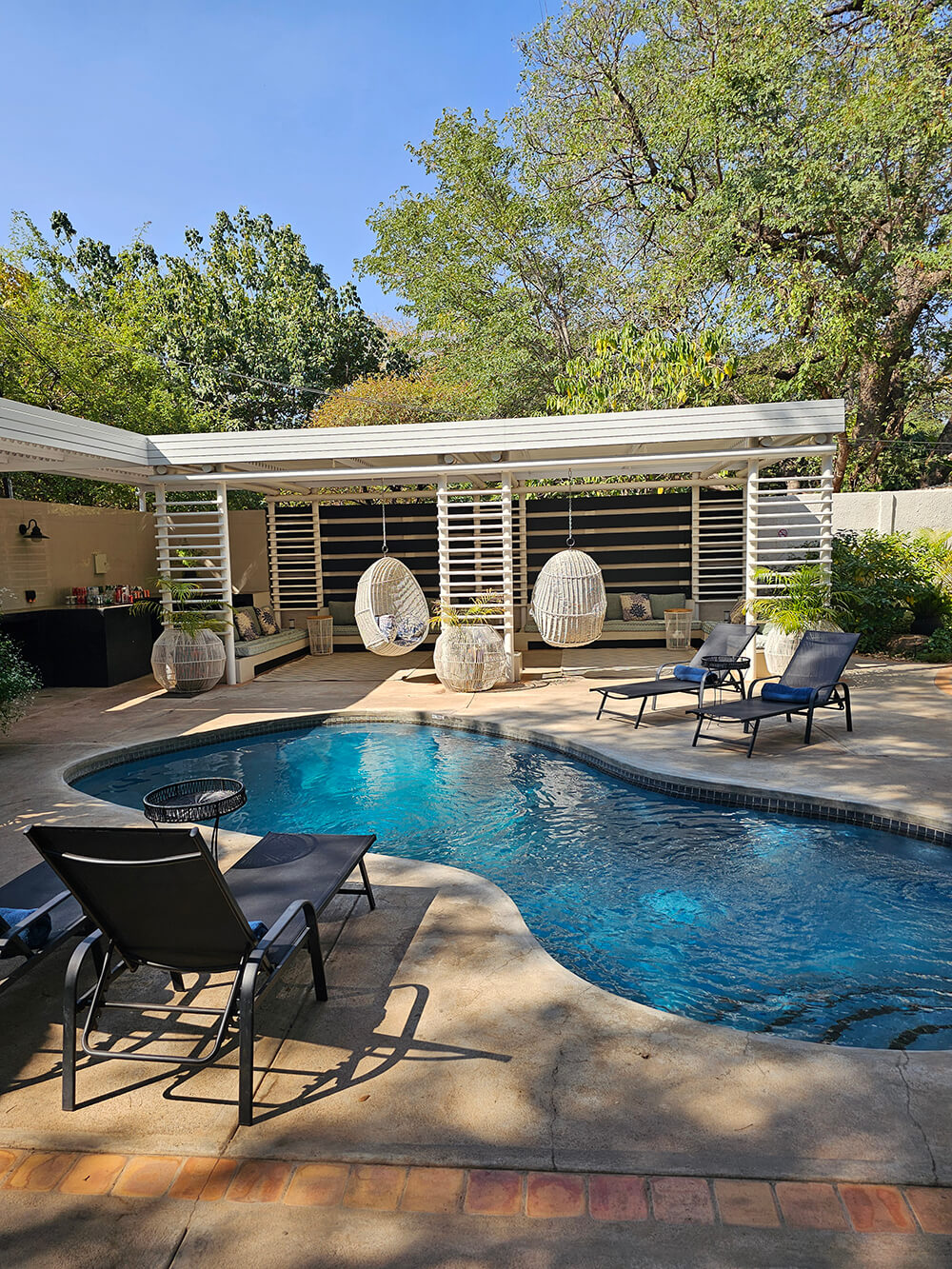
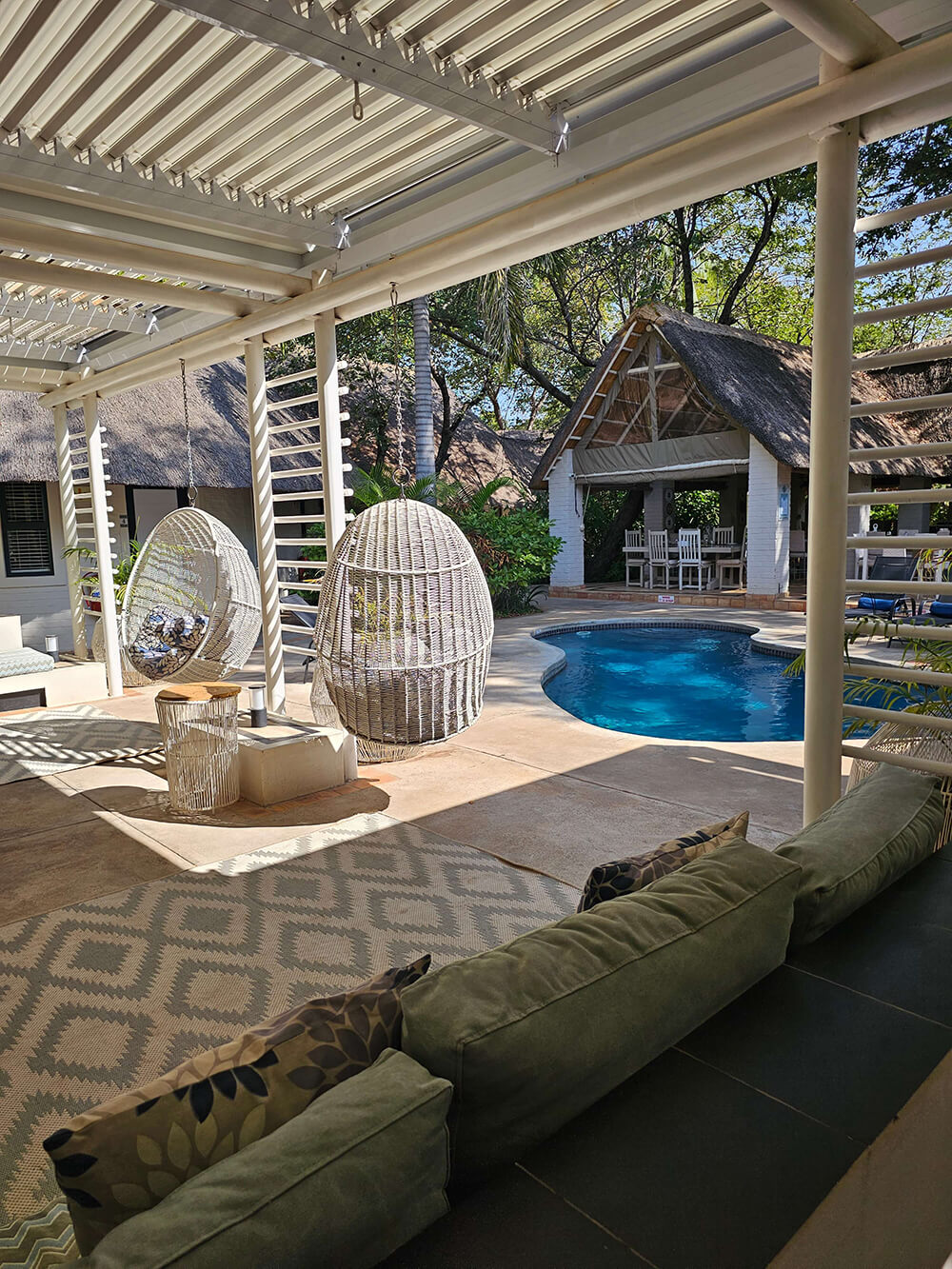
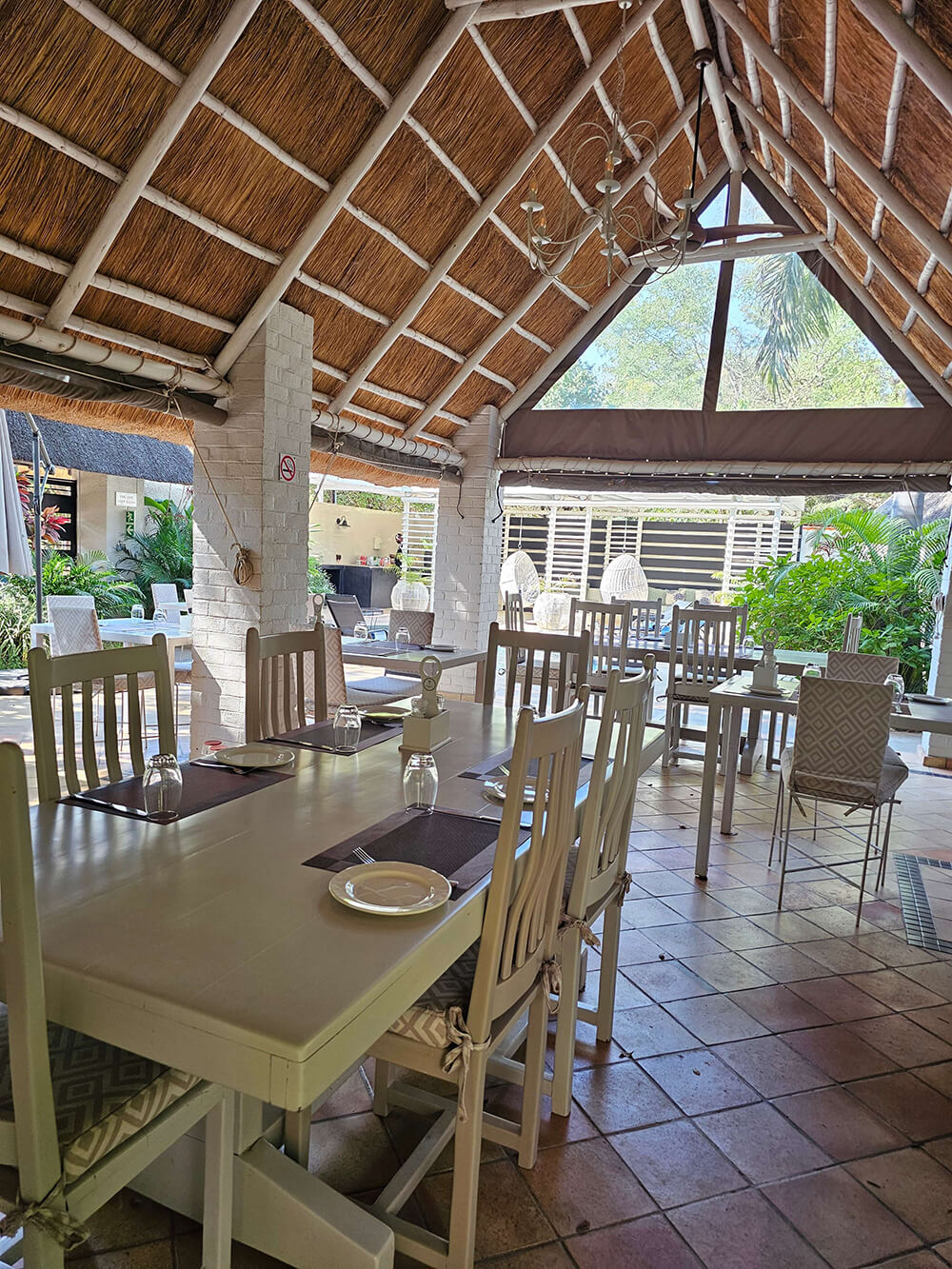
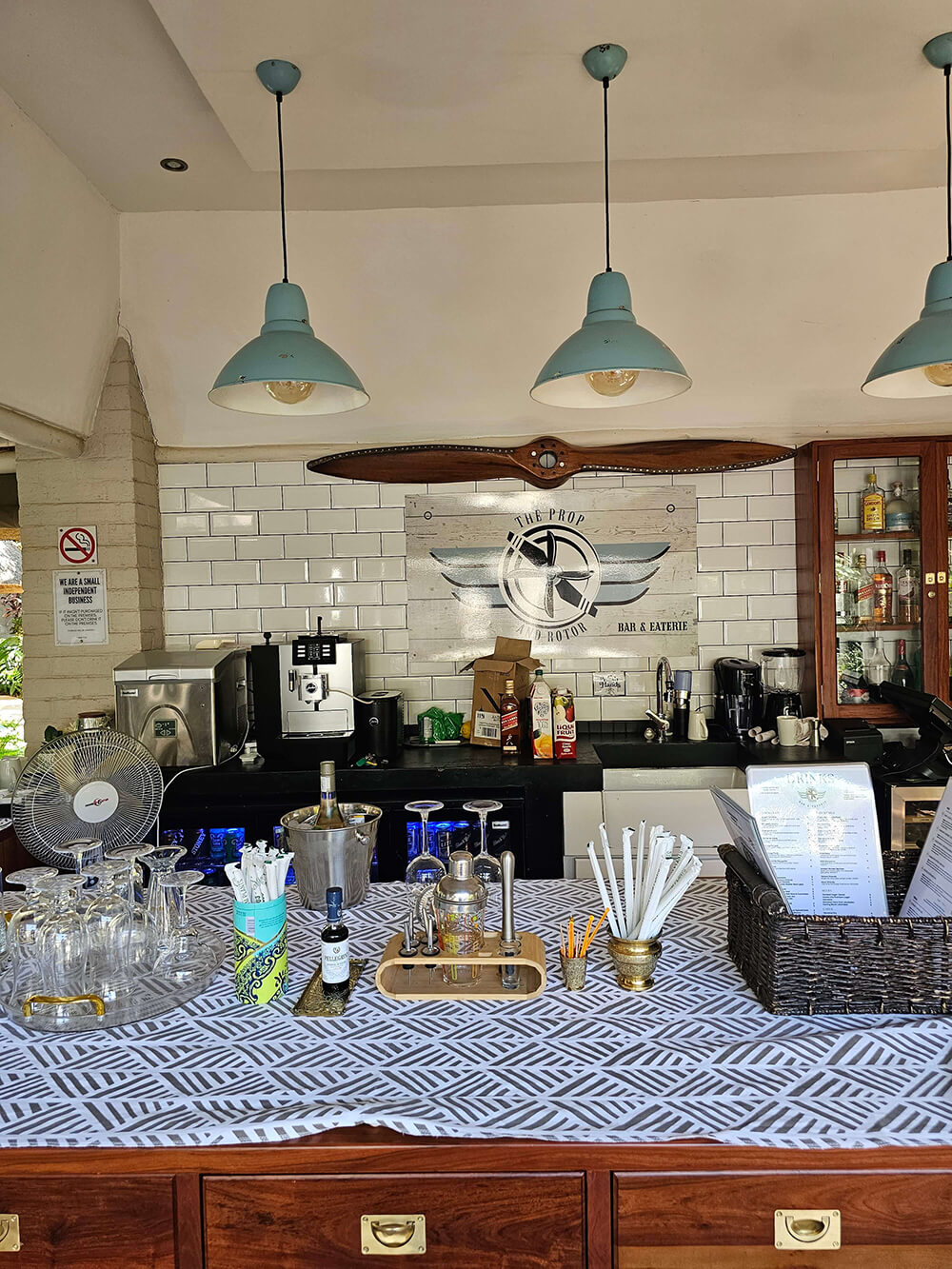
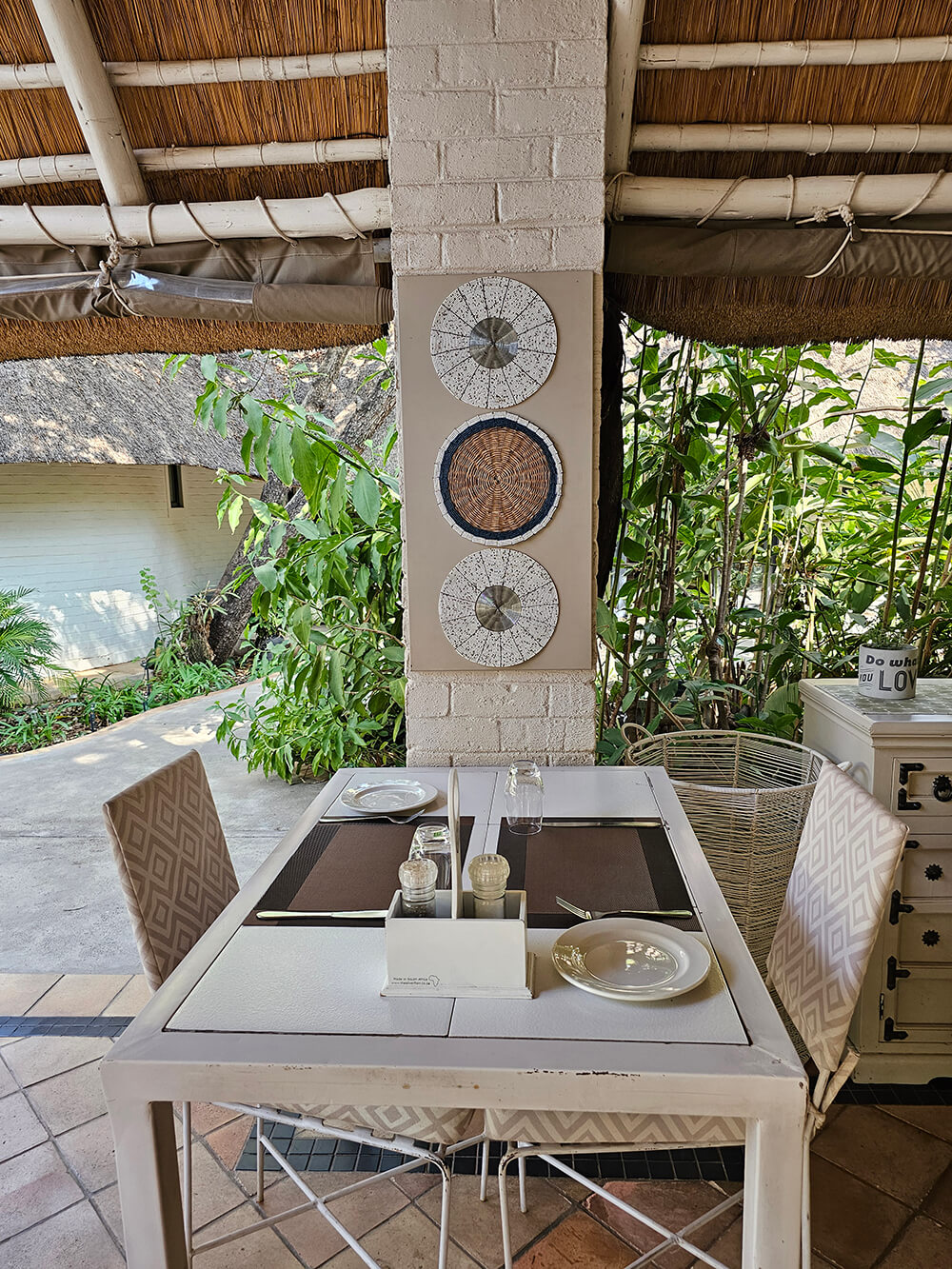
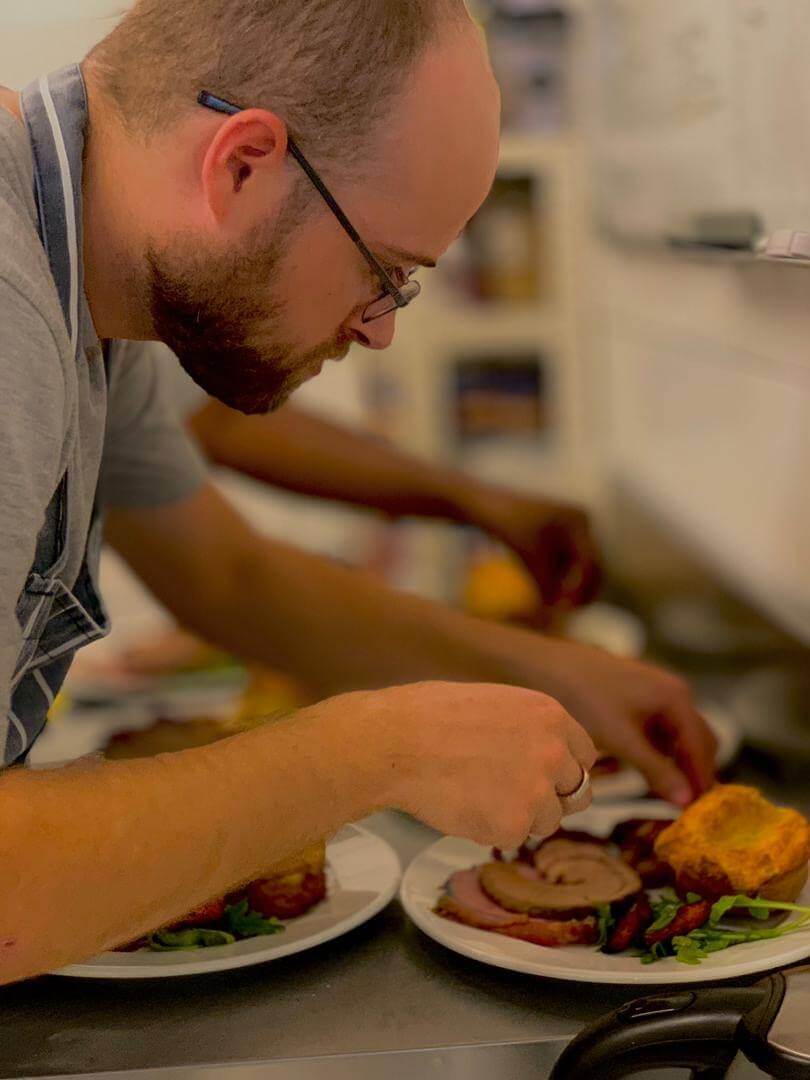
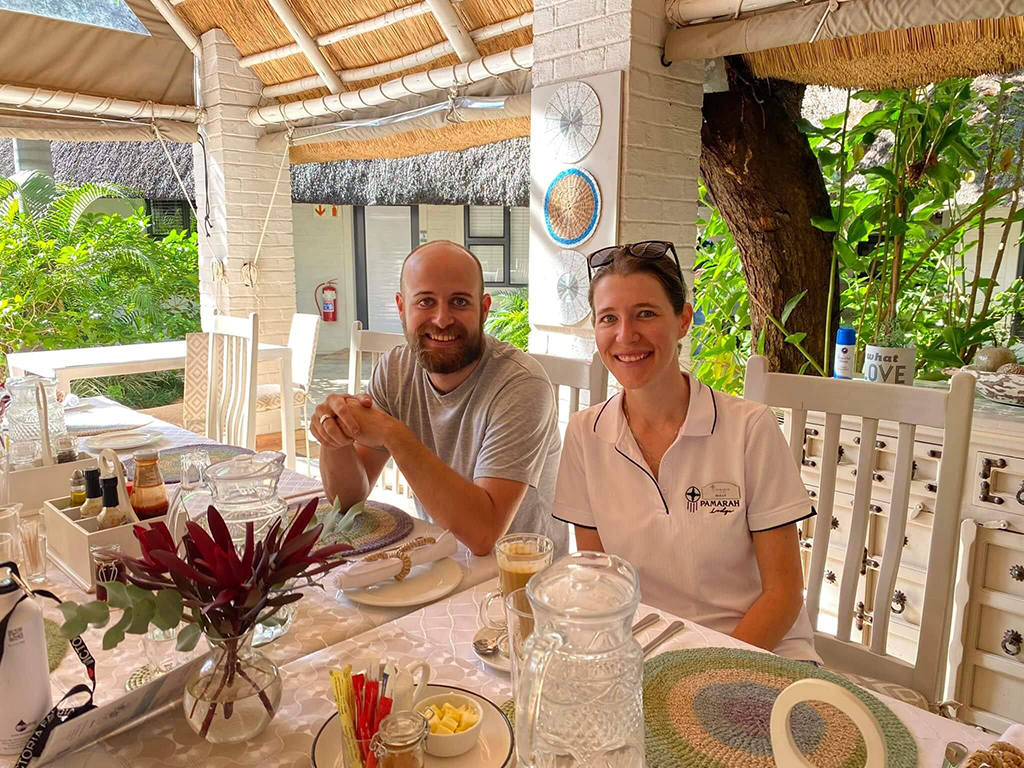
9. When you are not at the lodge attending to operations or guests, what does Phil like to do for fun?
I cherish time with my family more than anything. Any moment we can spend relaxing together is my happy place:whether that is having a picnic on the banks of the Zambezi River, or a meal out together, or playing a game a chess, or walking the dogs. Nobody ever lay on their death bed wishing they had spent more time at work! Tourism is a 365 day a year job so it is very easy to lose that balance between work and relaxation.
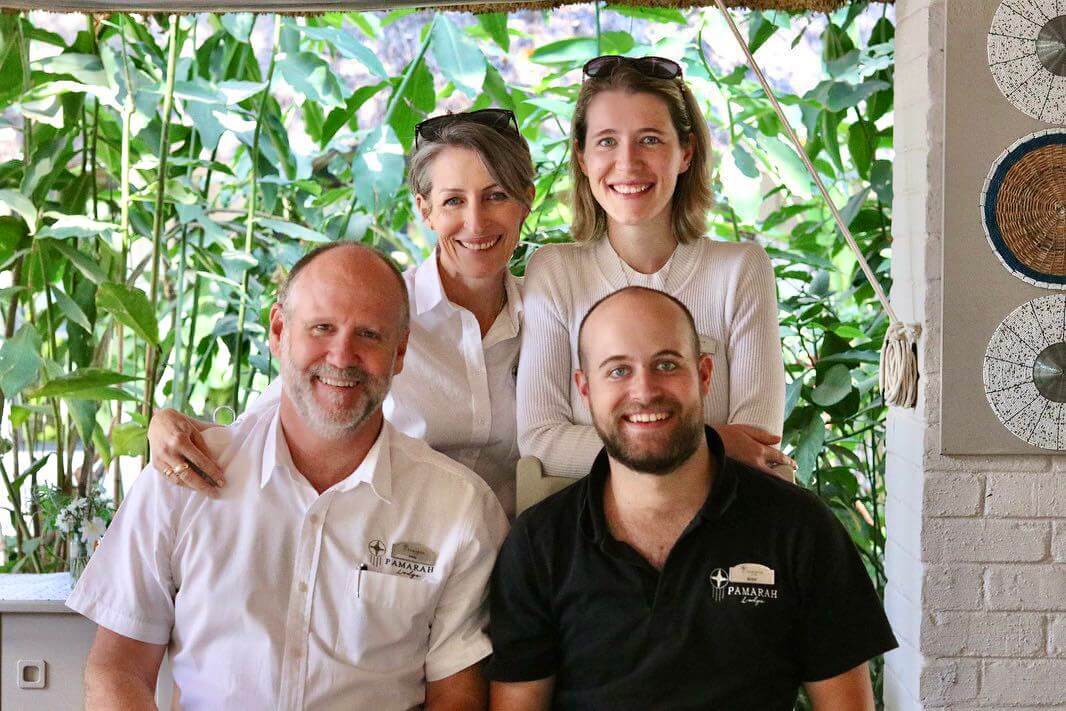
10. What is the lasting legacy you would like to nurture and be known for?
I think the legacy I would like to leave for my children are the attributes that I observe to be increasingly rare in this world: honor, integrity, honesty, principle, dignity, fairness, trustworthiness, compassion, humility. To have the courage to swim upstream in a downstream world. To go against the flow. To have the courage to walk your own path, dance to your own tune, and not to try to live someone else’s expectation of how you should live your life.
To learn more about Pamarah Lodge and book your stay with them, visit https://pamarah.com/
